Anime for All: Dismantling the Top 5 Stereotypes from Non-Anime Fans
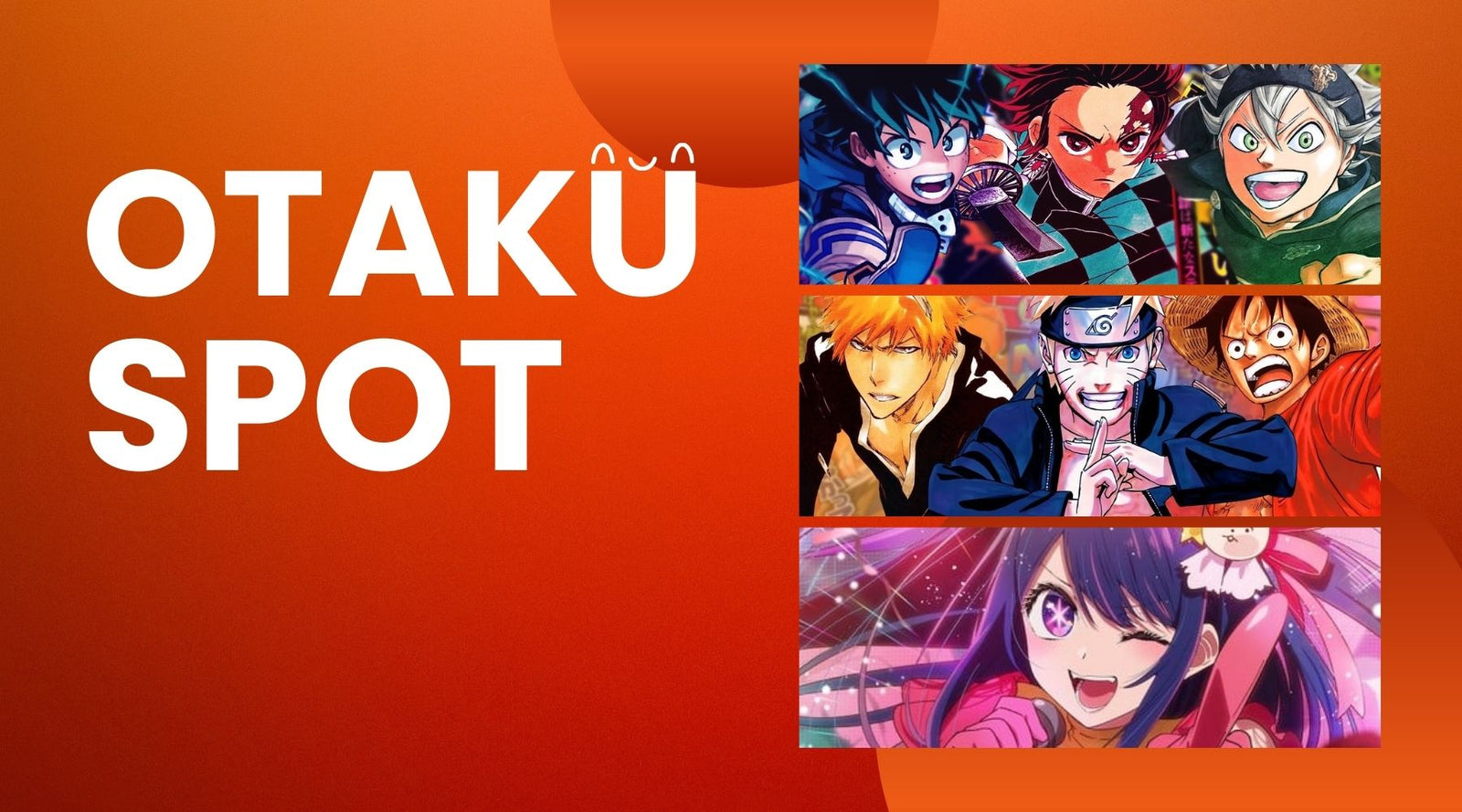
Anime, often misunderstood and shrouded in mystifying stereotypes, is more than just "cartoons for kids" or "weird stuff only nerds watch." It's a cultural juggernaut with a global following, offering a rich tapestry of stories, genres, and artistic styles. Yet, for many non-fans, anime remains an enigma.
This article aims to address and dispel some of the common myths and stereotypes associated with anime and its aficionados, providing a fresh and objective perspective on this diverse art form.
Why the Stereotypes?
So, why do these stereotypes about anime even exist? Much of it boils down to unfamiliarity and selective exposure. Non-fans might have stumbled upon the few mainstream animes that perpetuate these clichéd views or have heard anecdotal stories about obsessive fans.
While such elements do exist, they represent only a fraction of the anime universe. According to a study, anime fans are often stereotyped as socially awkward individuals who watch anime to escape reality and indulge in video games excessively Source: Fans Conference.
The Diversity of Anime
What often escapes the casual observer is the sheer diversity in anime. It's not all about robots fighting evil forces or high school dramas overflowing with exaggerated emotions.
From sports and slice-of-life to horror and political thrillers, anime genres cover an astonishing breadth of human experience. It explores universal themes and even provides a glimpse of Japanese culture and social norms Source: Typeset.
The Global Phenomenon
Believe it or not, anime is a cultural ambassador. Shows like "Naruto" and "Attack on Titan" have transcended their Japanese origins, garnering fan bases across the globe.
The medium has been mainstreamed far beyond Japan, thanks in part to streaming services making it accessible to audiences everywhere Source: Comicbook.
The Artistic Craft
For many, the artistry of anime itself can be mind-boggling. Compared to Western animation, anime focuses deeply on the intricacies of setting and character design rather than just movement.
Camera angles, zooms, and meticulous attention to detail make each frame a work of art in its own right Source: Wikipedia.
Setting the Stage for Understanding
Before diving into the specific stereotypes, it's crucial to understand the landscape. Anime is not a monolith; it's a multifaceted genre with layers of complexity.
The subsequent chapters will dissect each stereotype, shedding light on why they don't hold up under scrutiny and offering insights into the true nature of anime and its diverse community of fans.
So, buckle up and prepare to have your perceptions transformed. Welcome to the nuanced world of anime—it's time to see what you've been missing. ```
Stereotype 1: Anime is Just for Nerds and Geeks
Anime might have once been pigeonholed as the exclusive domain of the stereotypically nerdy or geeky, but that's far from the truth today. Not only does anime enjoy a massive global audience, but it cuts across diverse demographics and interests.
Sure, there’s some overlap with geek culture (who doesn’t love some spirited fandom?), but labeling all anime fans as nerds is a wild oversimplification. According to a study by Poggers, anime enthusiasts range from Millennials to Baby Boomers, showcasing the vast demographic appeal of this art form.
Diverse Themes and Genres
Anime isn’t just a one-trick pony. From gripping psychological thrillers like "Death Note" to epic sagas such as "Attack on Titan," there’s something for everyone. Love stories, political dramas, slice-of-life tales, and even sports anime are all in the mix.
Fans can enjoy anything from gut-wrenching emotional journeys to lighthearted romps. For instance, TypeSet highlights anime delving into issues like ecological crises, posthumanism, and identity loss, making it clear that the content can be deeply thought-provoking.
Mainstream Success
Anime has transcended its niche status to become a global phenomenon. Shows like "Attack on Titan" and "My Hero Academia" have reached mainstream popularity, bridging the gap between passionate fans and casual viewers. According to a Polygon survey, 42% of Gen Z participants watch anime weekly, outpacing even cultural juggernauts like the NFL.
Anime isn’t just for a small group of dedicated fans; it’s capturing hearts across generations and cultures.
Celebrity Endorsements and Cultural Influence
You might be surprised to learn that even celebrities are anime fans. Michael B. Jordan has publicly shared his love for "Naruto," and pop stars like Kanye West and Megan Thee Stallion have openly embraced anime influences.
These endorsements help normalize anime and chip away at outdated stereotypes. When you see your favorite A-lister geeking out over an anime show, it’s hard to argue that anime is only for nerds.
Emotional and Social Engagement
Contrary to the stereotype that anime is merely escapism for socially awkward individuals, fans often find a deep emotional connection in these shows.
According to Polygon, nearly two-thirds of Gen Z fans feel they connect better with anime storylines and characters than traditional media.
This medium offers rich narratives and complex characters that resonate across different emotional and social experiences.
Diverse Representation and Community
The anime fanbase is as diverse as the stories they watch. Anime enjoys a larger percentage of Black and Asian American viewers compared to the general population, as highlighted by Infillion.
The communities built around anime viewing and fandom are inclusive, where people from various backgrounds find common ground and shared interests, debunking the myth that anime is solely for socially awkward geeks.
Conclusion
Anime is far more than a geeky niche. It is a rich, inclusive, and accessible form of entertainment that speaks to a global audience. Whether you're a casual viewer dipping your toes into the captivating stories or a devoted fan diving deep into character lore, anime offers something for everyone.
So next time you hear someone label anime as just for nerds and geeks, feel free to enlighten them with these insights. Stay tuned as we tackle more stereotypes and continue to unveil the multifaceted world of anime.
Stereotype 2: Anime is Weird and Overly Sexualized
The stereotype that anime is bizarre and overly sexualized is a common misconception. True, some series do feature mature content, but this hardly represents the entire medium.
Like any other form of entertainment, anime offers a broad spectrum of genres and styles designed to cater to diverse audiences. Sure, you’ll come across some eccentric characters and scenes that might make you raise an eyebrow, but these do not define the art form as a whole.
Diversity in Content
Anime is incredibly versatile, with genres ranging from action, romance, and horror to sci-fi, slice-of-life, and beyond. For every risque scene, there are countless shows with deeply emotional and complex storytelling.
Titles like Attack on Titan and Steins;Gate are celebrated for their rich, nuanced character development and intellectual plots, dispelling the myth that anime is just about weirdness and sex.
Critically-Acclaimed Storytelling
Many anime series are praised for their intricate narratives and thoughtful themes. For instance, One Piece and the Gundam franchise offer sprawling worlds and deep lore that attract dedicated fanbases.
These series show just how sophisticated anime can be, appealing to viewers who appreciate narrative depth and character complexity.
Parental Guidance and Ratings
It's also worth noting that anime, much like movies and TV shows, comes with guidance ratings to suggest appropriate age groups. This feature is particularly useful for parents concerned about content suitability. Websites like MyAnimeList offer rating guides, making it easier to filter out unsuitable content for younger viewers.
A Medium, Not a Monolith
The key takeaway here is that anime shouldn't be painted with a broad brush. The medium is far too diverse to be confined to any single stereotype.
Generalizing anime as solely 'weird and overly sexualized' does a disservice to the countless shows that offer mature storytelling and richly developed characters.
Breaking Down Misconceptions
- **Nuanced Characters:** Many anime feature characters with deep, emotional complexities that can't be pigeonholed into simple stereotypes. Examples like 3-Gatsu no Lion show this brilliantly.
- **Genre Diversity:** From magical girls to psychological thrillers, anime has something for everyone, irrespective of age or taste.
- **Parental Guidance:** Ratings and guides help ensure that viewers can select content that is appropriate for specific age groups, debunking the "all anime is sexual" myth.
So, next time you encounter a skeptic with a skewed view of anime, point them towards the variety and depth found within the medium. It's time we appreciate anime for the expansive art form that it truly is.
Stereotype 3: Anime Fans are Socially Awkward and Detached from Reality
The stereotype that anime fans are socially awkward nerds who avoid the real world is an outdated misconception. Anime enthusiasts come from a wide variety of backgrounds and social circles, debunking this myth.
According to a 2023 report, anime fandom in the United States encompasses diverse age groups: 42% Millennials, 25% adult Gen-Zs, 21% Gen Xers, and 12% Baby Boomers. These statistics demonstrate that anime attracts a broad and varied audience, growing beyond any singular social label.
Escape vs. Engagement
Consuming fiction, whether it’s anime, books, or movies, is a popular way to immerse oneself in different worlds and experiences. This doesn’t mean fans are disconnected from reality. It's about balance.
Many fans use anime to unwind and escape daily stresses, which is a perfectly normal behavior shared by people who enjoy all kinds of entertainment.
A Redditor aptly summed it up by saying, "Watching anime, TV series, movies, reading books, and playing video games has the effect of immersing me in another world, and doing so entertains me and staves off boredom" (Source: Reddit).
The Creativity and Storytelling Appreciation
Another important aspect to note is the appreciation of creativity and storytelling in anime. Unlike some Western animations that fit stories into tight 20-minute slots, anime often has the luxury of exploring complex plots and characters in greater depth.
An article on Medium states, "Anime has great storylines, characters, and plotlines that are really interesting to watch" (Source: Medium).
Conventions: The Ultimate Social Gathering
Conventions like Anime Expo and Comic-Con provide further evidence against the socially awkward stereotype. These gatherings are melting pots where fans, regardless of background, come together to celebrate their shared passion.
As noted in an article on Medium, "Anime conventions represent more than mere gatherings; they are immersive experiences that play a pivotal role in shaping and reinforcing the identities of anime enthusiasts."
Parental Guidance and Age-Appropriateness
It's also crucial to address the concern of mature content, which often fuels the awkwardness stereotype.
While anime spans various themes and age groups, parental guidance ratings make it easy for viewers to discern age-appropriate content. Just like movies or TV shows, not all anime is intended for children.
Conclusion
Anime fans are as socially diverse and engaged as enthusiasts of any other form of entertainment. Whether they are attending conventions, discussing plot intricacies online, or creating fan art, anime fans showcase a high level of social interaction and creativity.
The pursuit of new and engaging stories has little to do with social awkwardness, and much to do with the universal human experience of enjoying a well-told story.
Stereotype 4: Anime is Just Mindless Action and Fighting
Anime is often mislabeled as a genre of mindless action and ceaseless fighting scenes. However, this couldn't be further from the truth. While high-stakes battles and dynamic fight scenes do feature prominently in some anime, like the popular Shonen series, the anime world is much more diversified.
Exploring Multiple Genres
Anime covers an array of genres that extend well beyond action. For instance:
-
Drama: Focusing on emotional and relational conflicts, anime like "Your Lie in April" and "Anohana: The Flower We Saw That Day" tug at the heartstrings.
-
Romance: "Clannad" and "Your Lie in April" offer touching love stories that explore complex emotional landscapes.
-
Comedy: For a good laugh, anime like "One Punch Man" and "The Devil is a Part-Timer!" deliver laugh-out-loud moments.
-
Psychological: Offering intense and thought-provoking narratives, psychological anime like "Death Note" and "Psycho-Pass" dive deep into the human psyche.
These genres prove that anime is a versatile medium with the capacity to tell a broad spectrum of stories.
Complex Narratives and Character Development
Let's address the notion that action-packed anime lack depth. Titles such as "Attack on Titan" and "Fullmetal Alchemist: Brotherhood" deftly combine action with intricate plots and well-developed characters.
These series delve into themes of morality, sacrifice, and the human condition, presenting viewers with more than just visual spectacles.
Intelligent Storytelling
The idea that action anime are devoid of intelligent storytelling is inaccurate. Anime like "Hunter x Hunter" showcase intricate plots and detailed world-building. The character arcs of individuals such as Killua and Meruem display profound growth and complexity (Source: Quora).
Moreover, anime like "Neon Genesis Evangelion" and "Code Geass" artfully blend action with philosophical, psychological, and political discussions, debunking the myth that anime is solely about mind-numbing action.
Action with Themes and Messages
Even in series where action predominates, deeper themes are frequently explored:
-
Resilience and Perseverance: Characters in "My Hero Academia" face challenges that test their resolve and commitment to heroic ideals.
-
Friendship and Loyalty: "One Piece" deeply delves into the bonds between friends, highlighting themes of loyalty and sacrifice.
-
Justice and Ethics: Shows like "Bleach" and "Naruto" often involve characters grappling with their sense of justice and moral obligations.
These examples emphasize that action anime can convey significant messages and thoughtful themes.
Conclusively, anime is far from a one-trick pony of combat scenes. It is a vast, multilayered realm offering something for everyone.
The notion that anime is just mindless action is a stereotype that overlooks the spectrum of narratives and intricate storytelling present in the medium.
So, the next time someone mentions anime, remember—it's not just about the action; it's about the essence and the emotional depth that captivates millions around the world.
Stereotype 5: Anime is Just a Silly Cartoon for Kids
Many people dismiss anime as nothing more than silly cartoons created solely for children. This misconception couldn't be further from the truth. Sure, there are kid-friendly anime out there like "Pokemon" and "My Neighbor Totoro," but to label the entire medium as child's play reduces its vast and diverse scope.
Anime can captivate audiences of all ages and often delves into themes far more complex than Saturday morning cartoons.
Diverse Themes and Genres
Anime is far from monolithic in its themes and storytelling. Some anime are tailored for younger audiences, like "Doraemon," yet many are meant for older viewers, addressing mature or complex themes.
Genres like Seinen, which cater to adult males, and Josei, aimed at adult females, explore complex life issues, ethics, and societal critiques. For instance, "Ghost in the Shell" tackles themes of identity and technology's role in society, while "Akira" is a critique of post-war Japanese society and the impacts of unbridled power.
Philosophical and Psychological Depth
Anime often goes beyond surface-level entertainment to ask profound questions and explore deep philosophical themes.
Shows like "Neon Genesis Evangelion" and "Serial Experiments Lain" delve into existential dilemmas and psychological turmoil. These series present Nuanced Issues such as bioethical dilemmas, loss of identity, and spirituality in a transforming world.
Real-World Relevance
A significant number of anime series reflect real-world issues and societal concerns. "Death Note," for example, grapples with moral questions about justice and power, while "Shingeki no Kyojin (Attack on Titan)" addresses themes of freedom, fear, and governance.
These anime are far from child's play; they offer social commentary and provoke critical thinking, much like esteemed literature and cinema.
A Global Phenomenon
The reach of anime is global, with audiences spanning multiple age groups and cultures. According to a 2024 survey, 42% of Gen Z participants watch anime weekly, a number that far eclipses traditional cultural staples like the NFL.
This statistic underscores the widespread acceptance and appreciation of anime as a legitimate cultural powerhouse.
Conclusion: More Than Just Cartoons
To conclude, labeling anime as merely "silly cartoons for kids" overlooks its rich diversity. Anime can nurture young minds and simultaneously provide thought-provoking content for adults. It's a dynamic artistic medium capable of telling emotionally and intellectually engaging stories that resonate across generations and borders.
Next time you hear someone dismiss anime as child's play, direct them to acclaimed series like "Monster" or "Psycho-Pass"—they may just change their tune.
So, why not give anime a chance? Who knows, you might find it as compelling as a classic novel or a critically acclaimed film.
Final Verdict
So, we’ve taken a tour through the varied landscape of anime, busting stereotypes as we go. Now, let’s tie it all together in a neat little bow, shall we?
Anime's Artistic Versatility
Anime is a multifaceted medium that transcends simple categorizations. Thanks to its expressive and versatile art style, it can tackle a boatload of themes—from slice-of-life narratives to mind-bending sci-fi adventures.
According to Typeset.io, anime's ability to convey emotions effectively makes it a preferred choice for both artists and audiences. Whether it's the vibrant world-building in "My Hero Academia" or the melancholic beauty of "Your Lie in April," anime offers a spectrum of aesthetic experiences that can cater to almost anyone's taste.
Quality Storytelling
If you think all anime is about flashy battles and nonsensical plots, think again. Many anime series dive deep into complex, layered storytelling, much like your favorite novels or dramatic TV series. Shows like "Steins;Gate" and "Death Note" are prime examples of anime that feature intricate plots and well-developed characters.
As Medium writer Aditya mentions, these storylines are meticulously crafted and often unfold over many episodes, providing greater depth and engagement than Western 30-minute TV episodes.
Diverse Audience
Anime enjoys global popularity, drawing in fans from all walks of life. The notion that anime is solely for socially awkward individuals couldn't be further from the truth. In fact, a report by SkyQuestt reveals that the global anime market was valued at USD 26.055 billion in 2019, demonstrating its wide-reaching appeal.
Anime conventions and online forums are bustling social hubs where fans, irrespective of age or background, come together to celebrate this shared interest. These events emphasize the community and social interaction often overlooked by skeptics.
A Range of Themes
Anime covers a vast range of genres and themes far beyond just action and adventure.
Whether you're interested in exploring philosophical debates, like those in "Neon Genesis Evangelion," or experiencing the emotional rollercoaster of "Clannad," there's an anime for you.
As discussed in Reddit discussions, anime can be as intellectually stimulating as it is entertaining.
Mature Content
It’s true that some anime features mature content, but dismissing the entire medium for this is like dismissing all cinema because some films are rated R. Parental guidance ratings are there for a reason, helping audiences select appropriate content.
Also, consider acclaimed series such as "March Comes in Like a Lion" or "Planetes," which tackle serious themes such as mental health and social issues, showing that anime can be both mature and thoughtful.
Ultimately, anime is rich in diversity and complexity, deserving the same respect granted to any other art form. Dismissing it based on stereotypes robs one of a chance to explore unique storytelling and artistic innovation. Next time someone offers you an anime recommendation, give it a try. Who knows, you might just find your new favorite show.
Let’s leave those old misconceptions behind. Embrace anime with an open mind, and you’ll likely discover a treasure trove of stories and artistry.
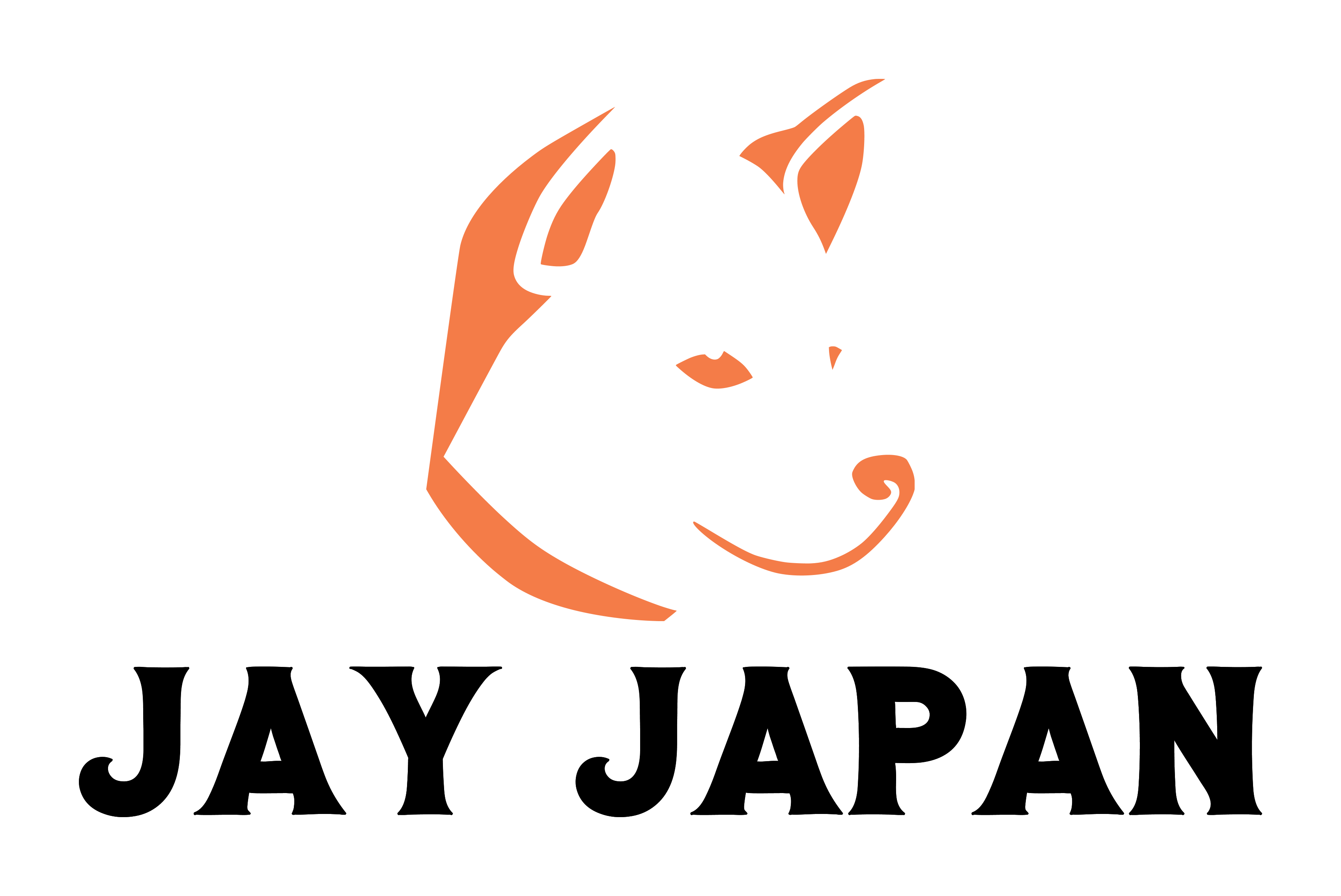



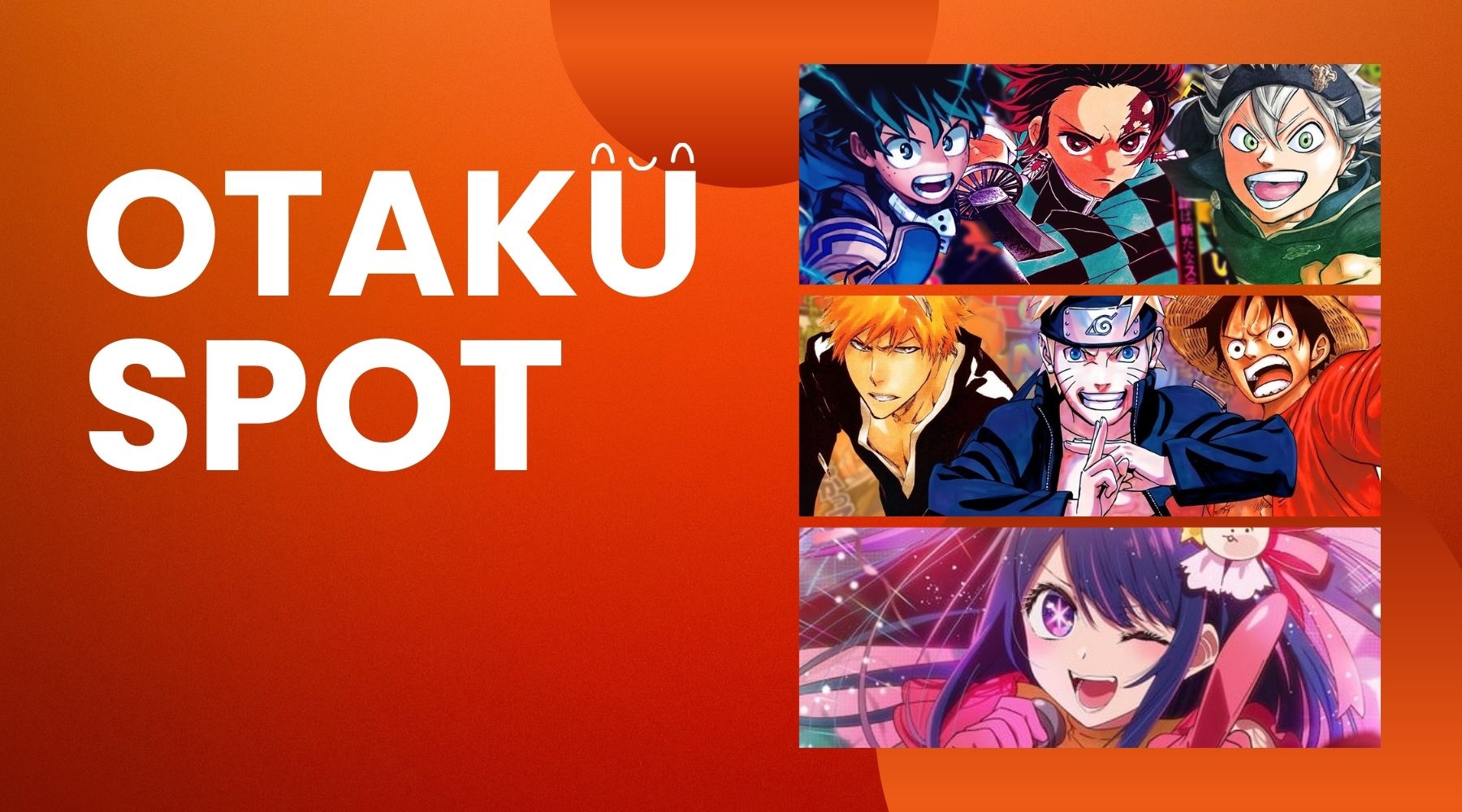
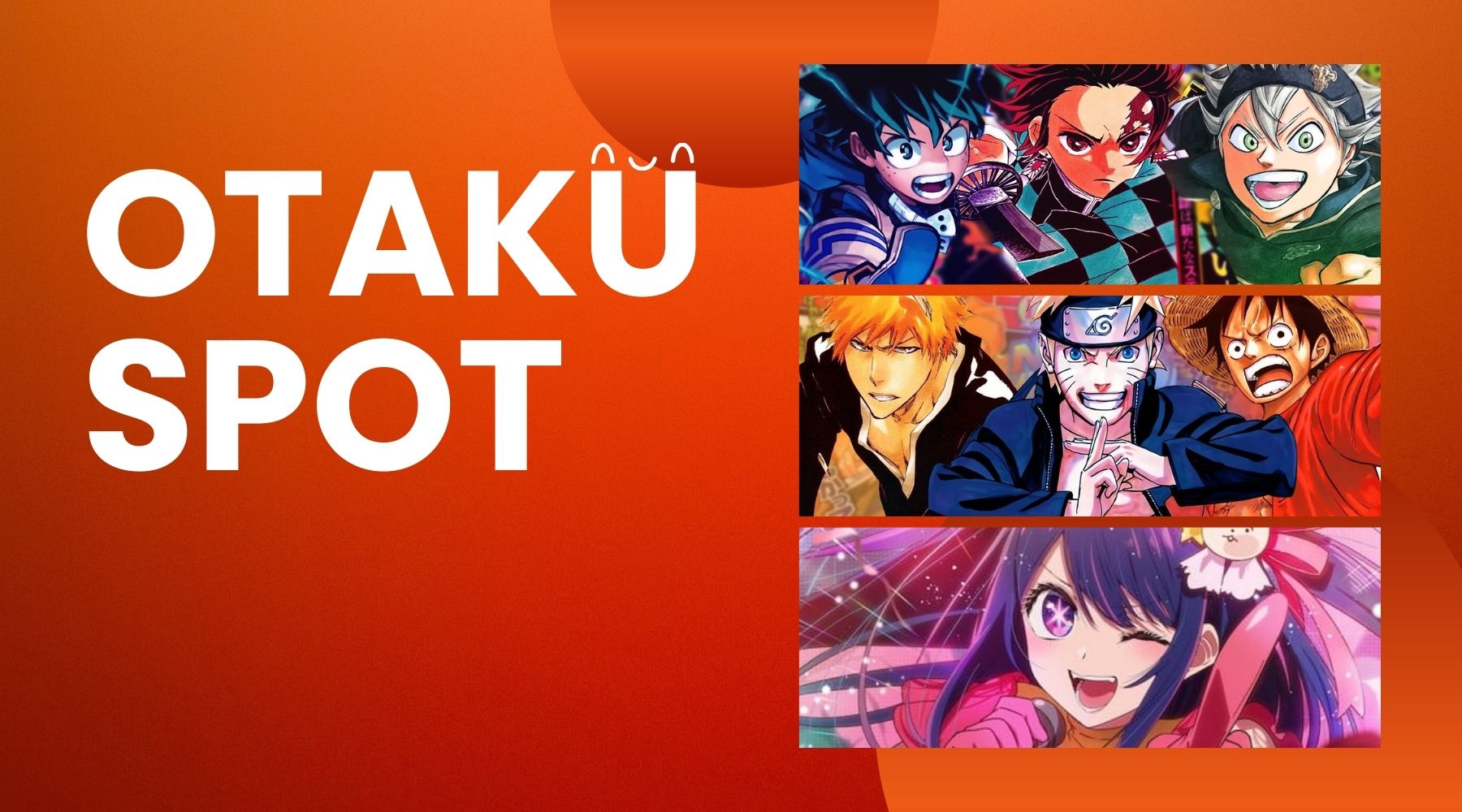
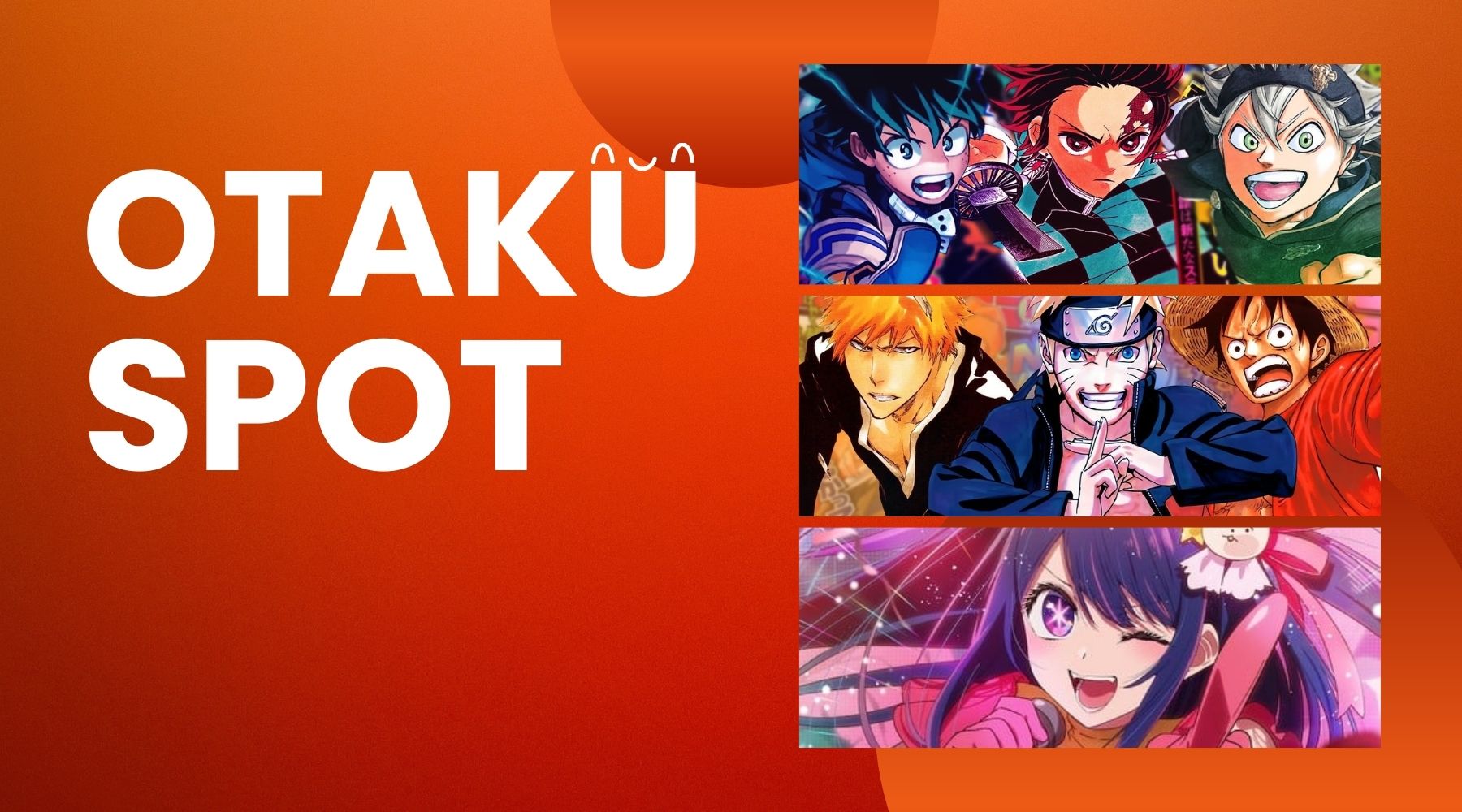
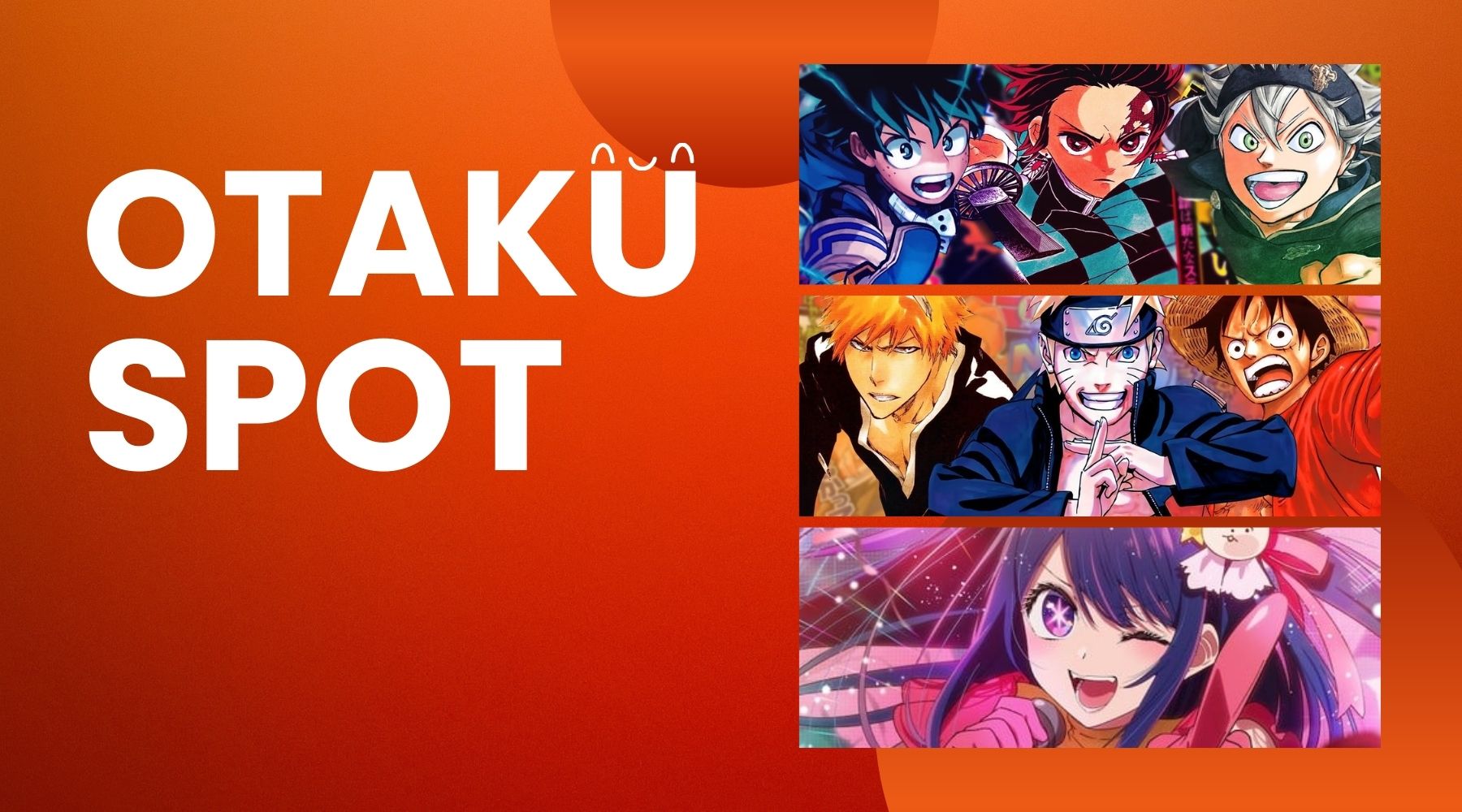
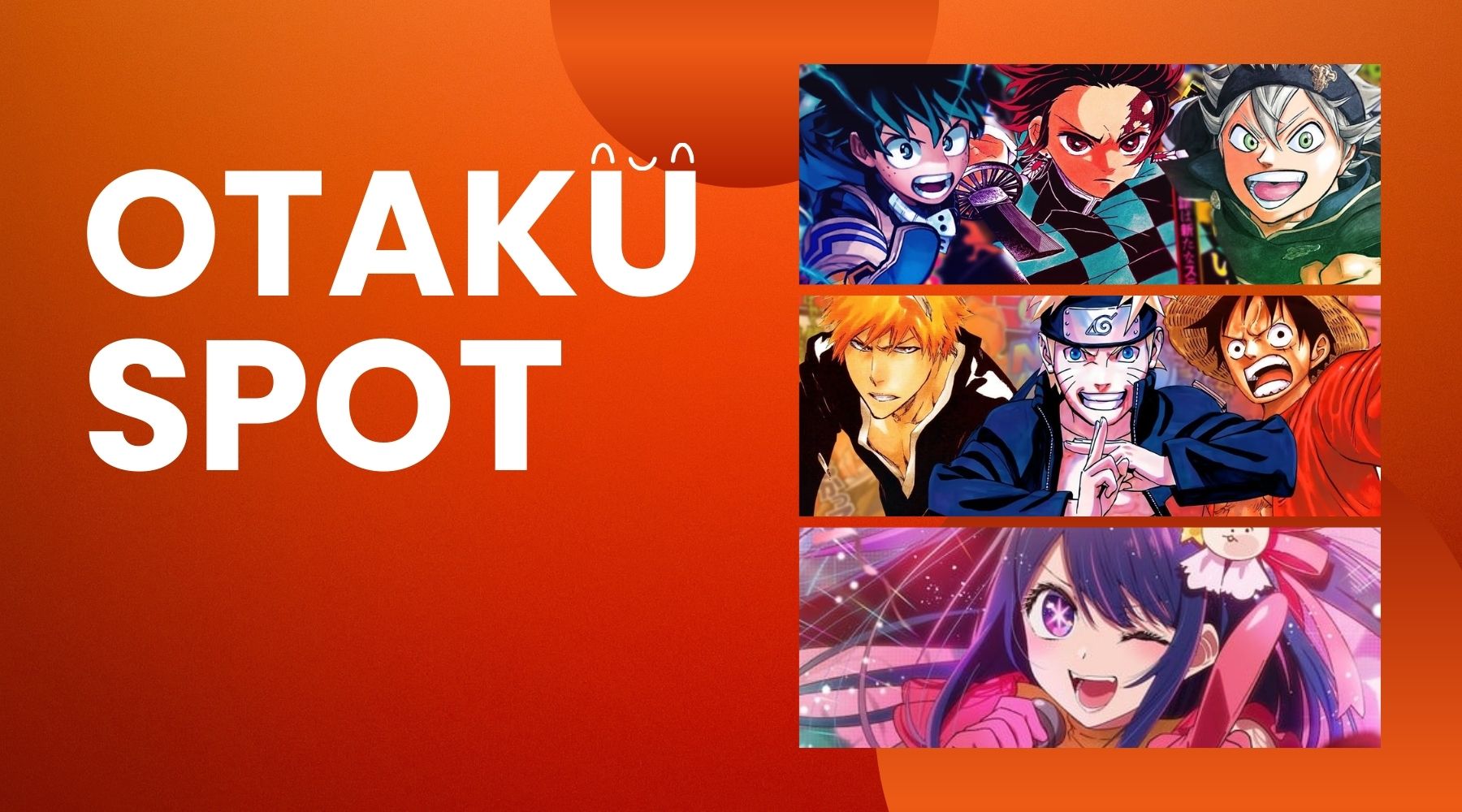
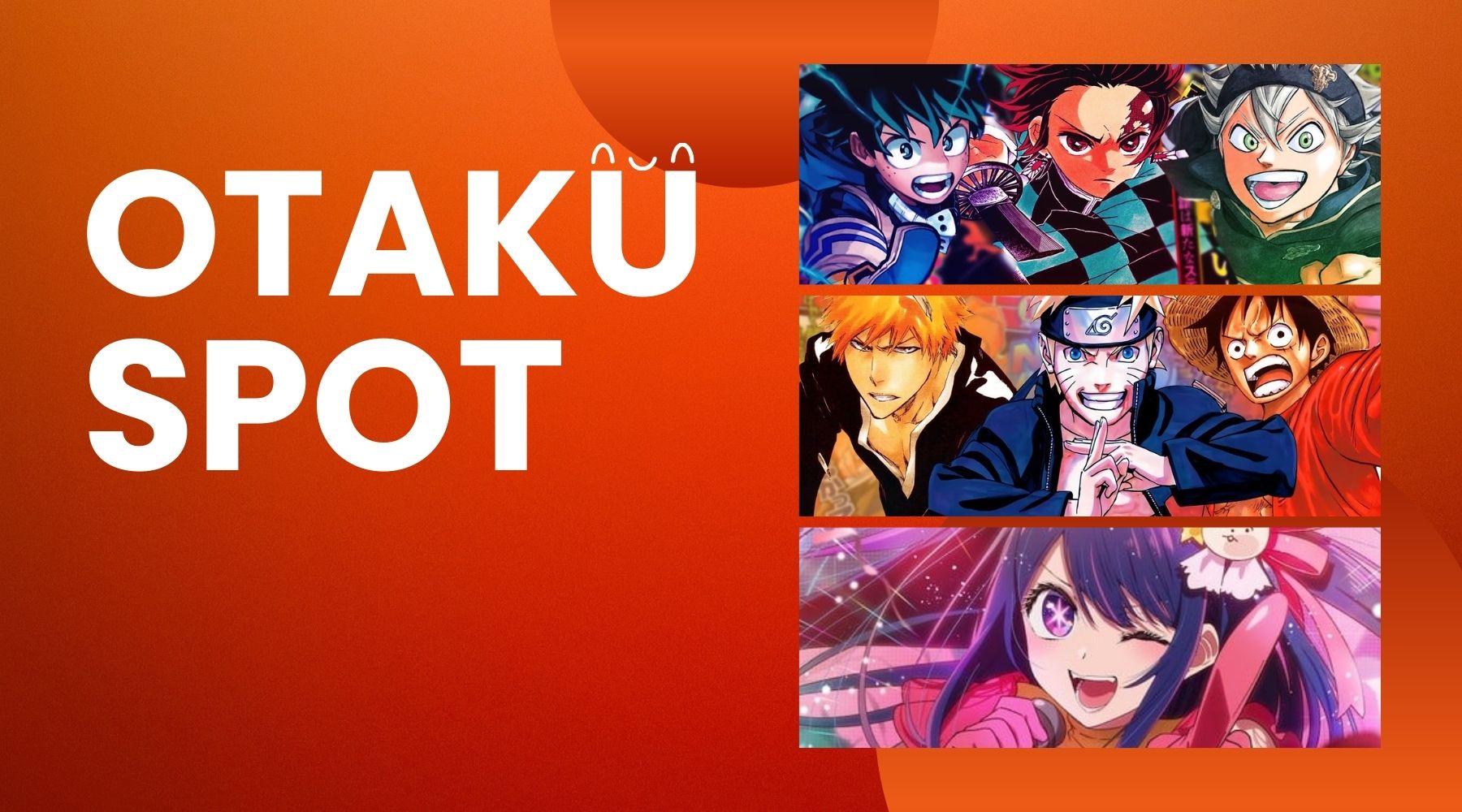


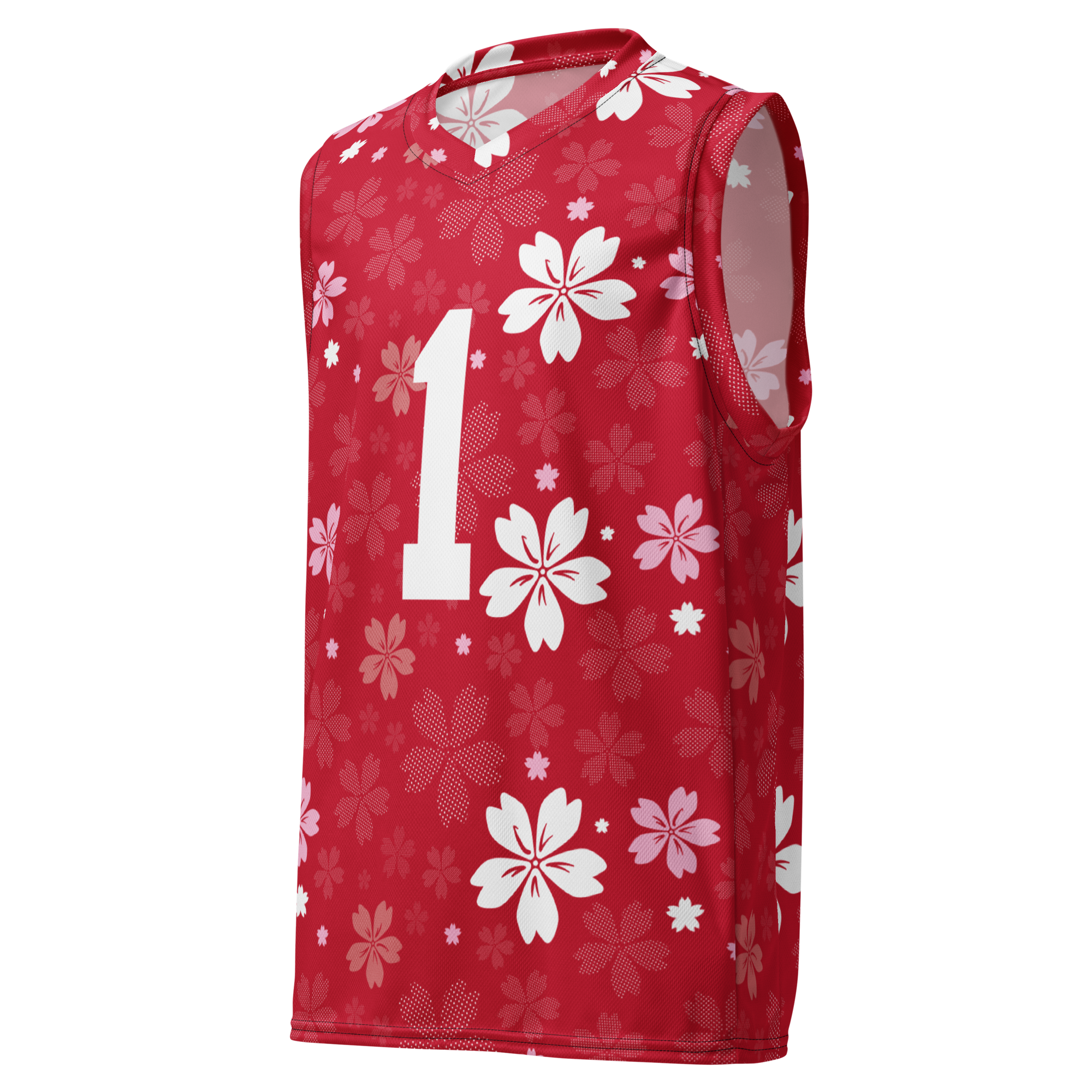
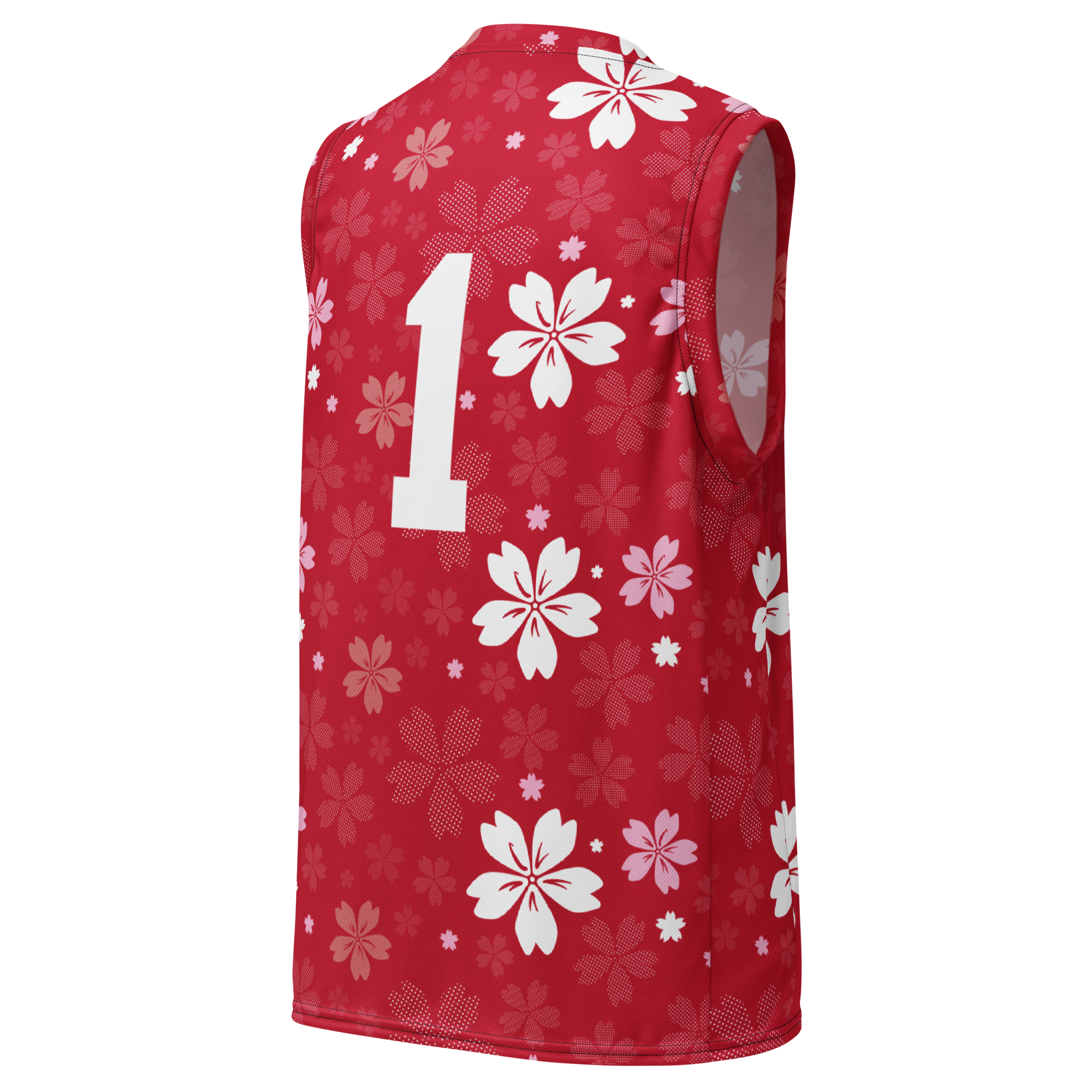
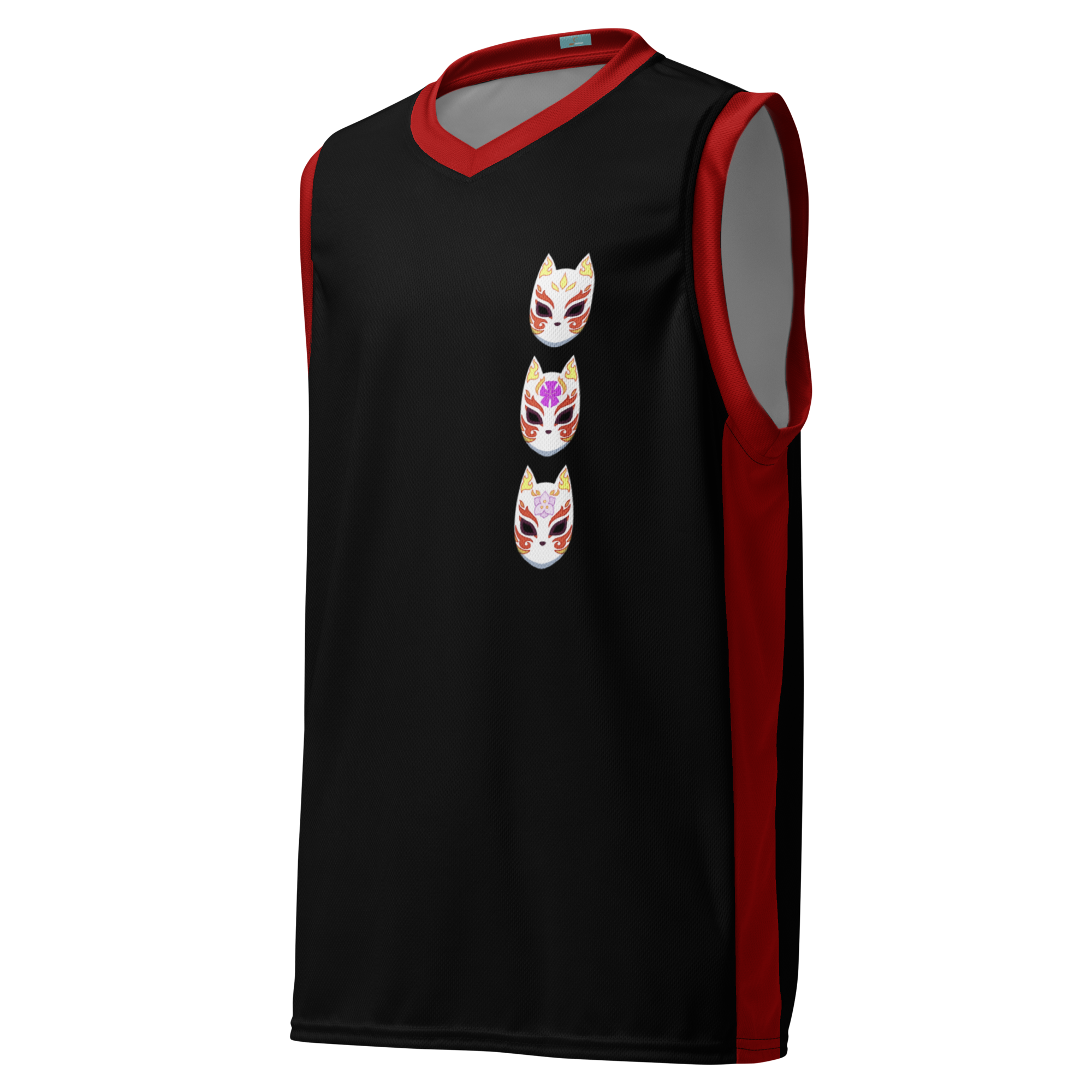
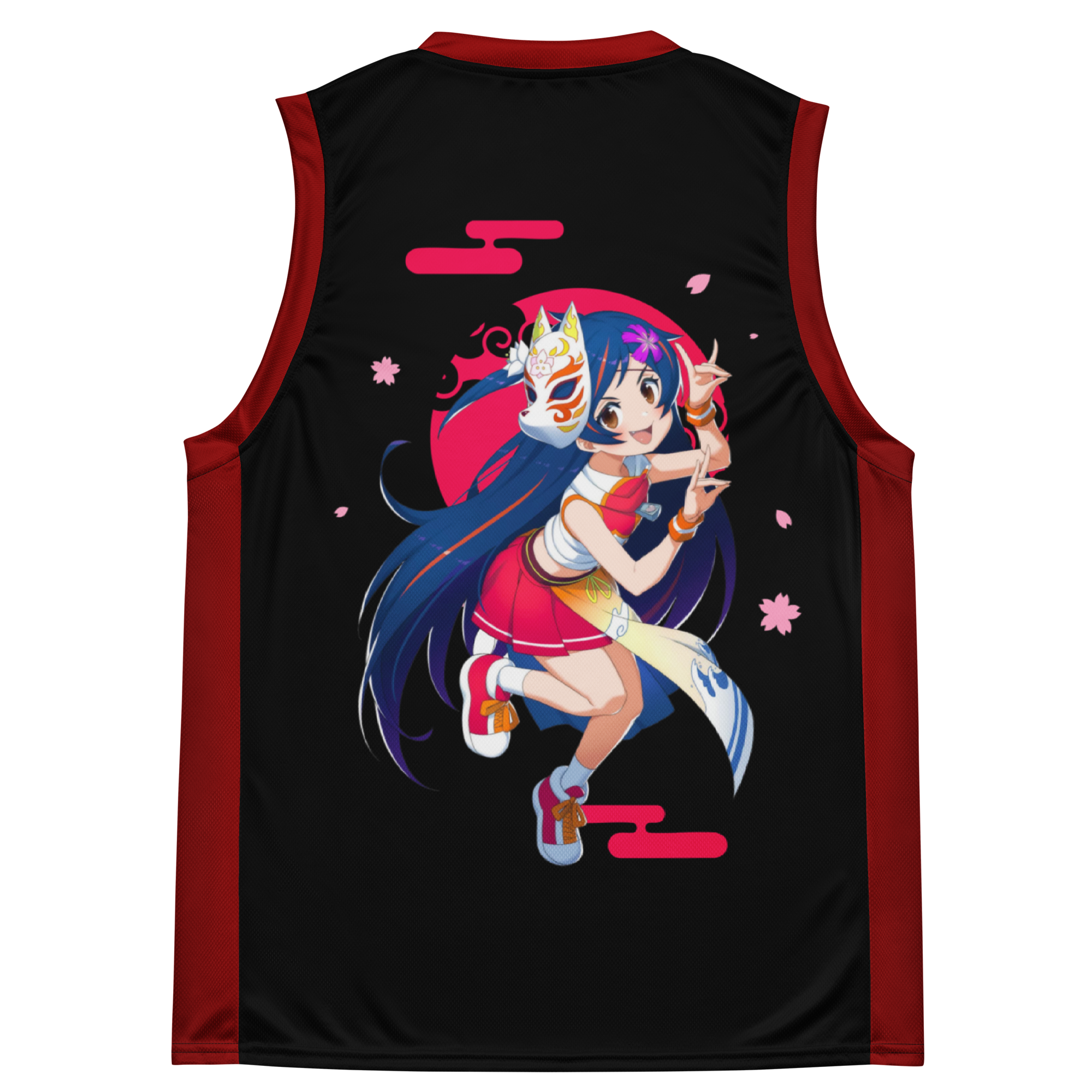
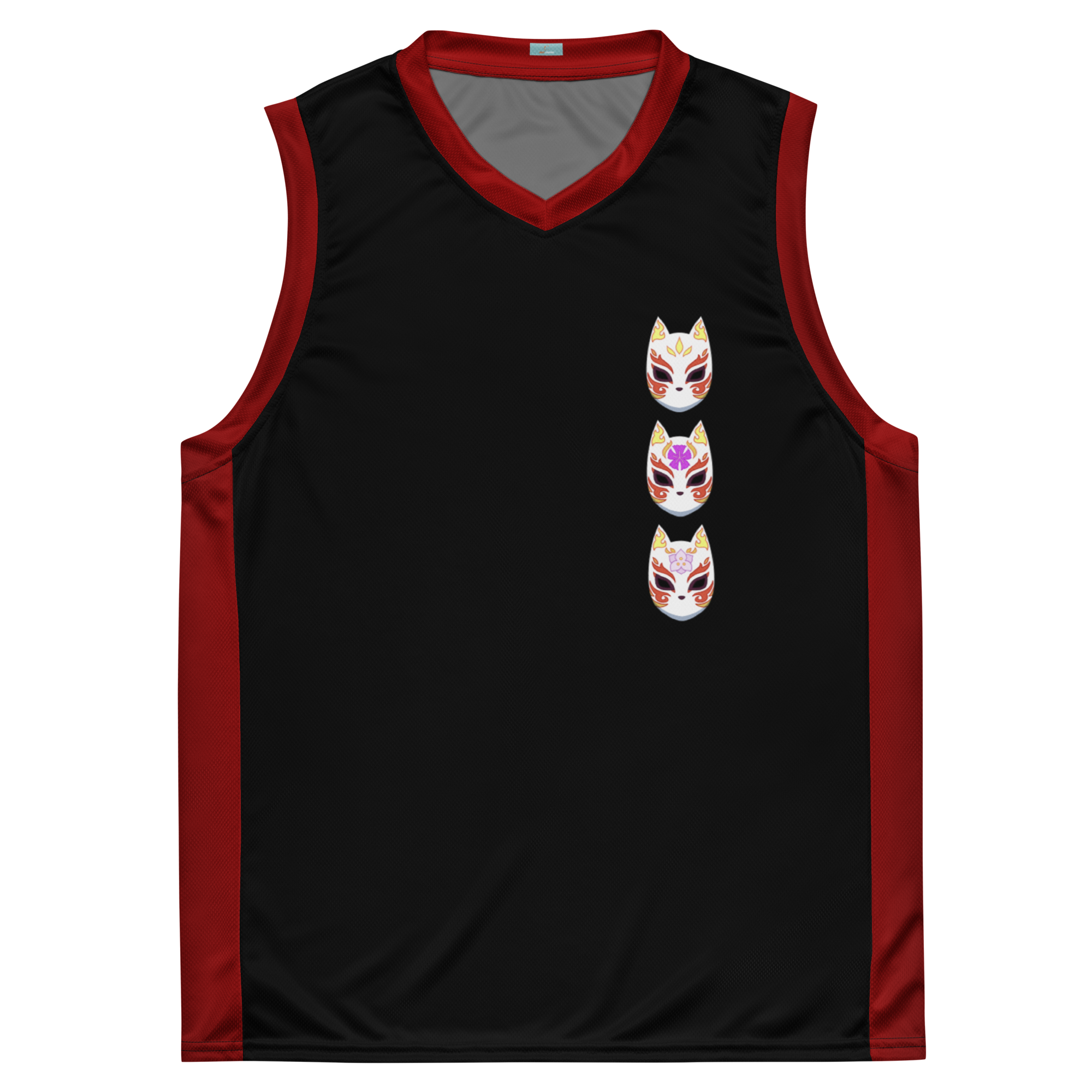
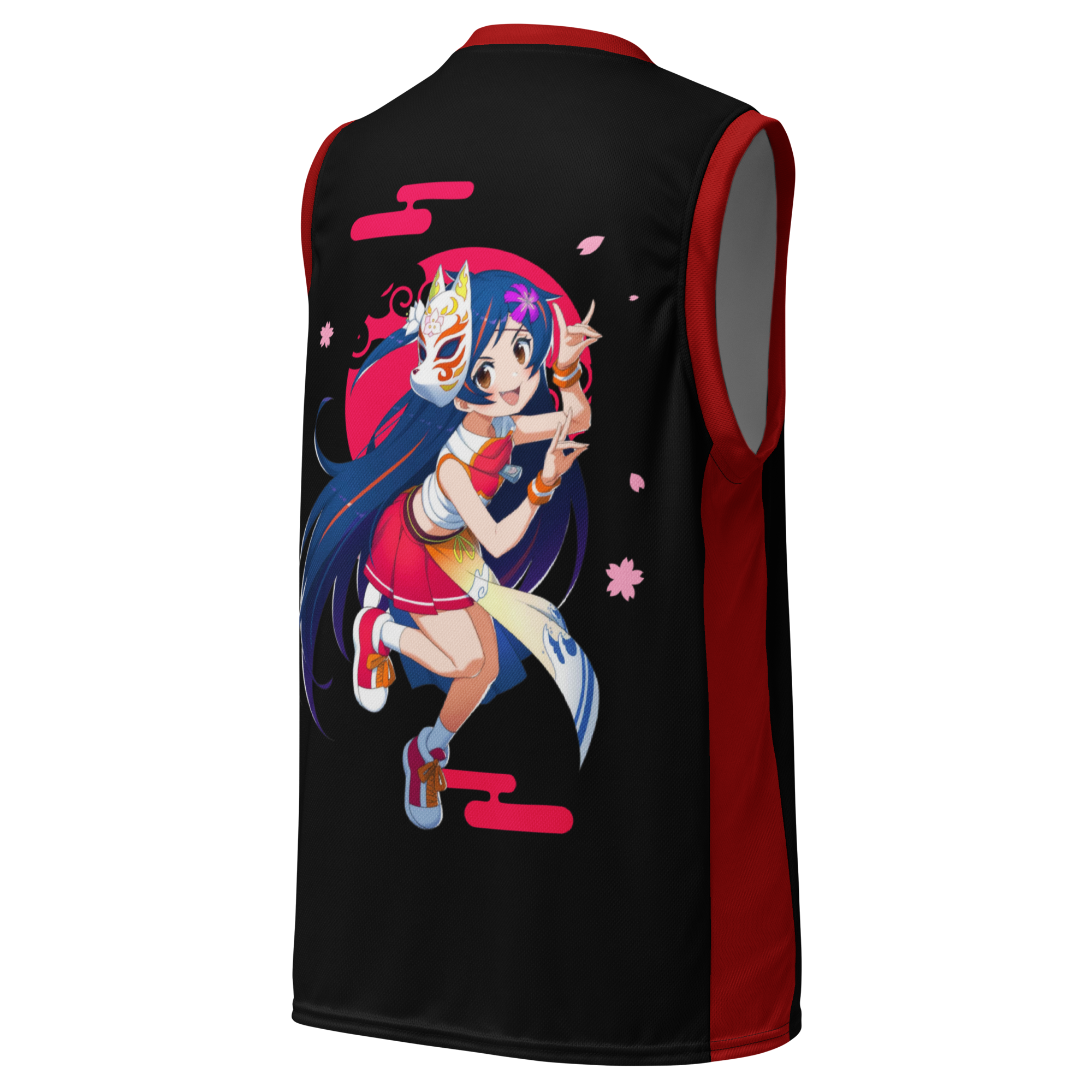
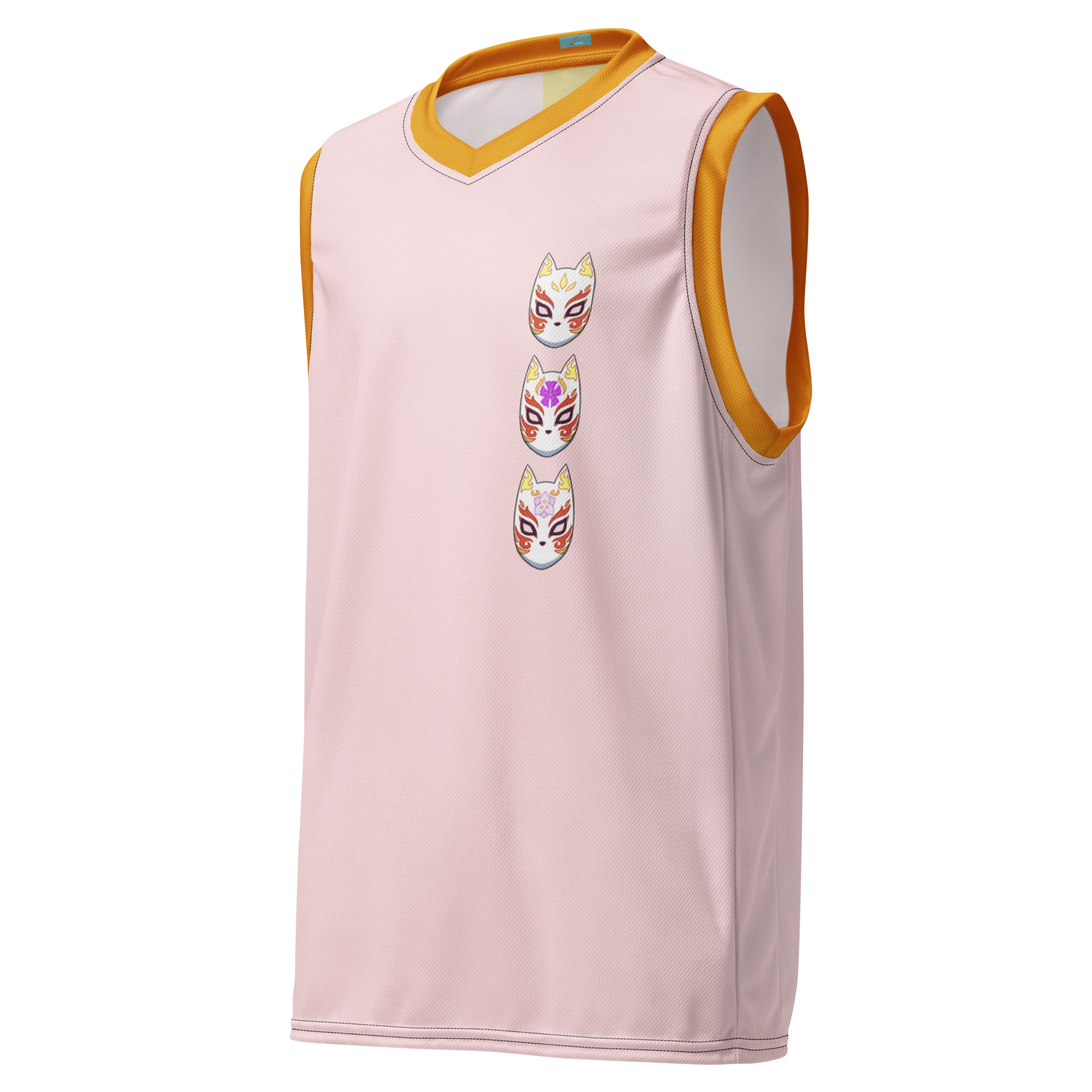
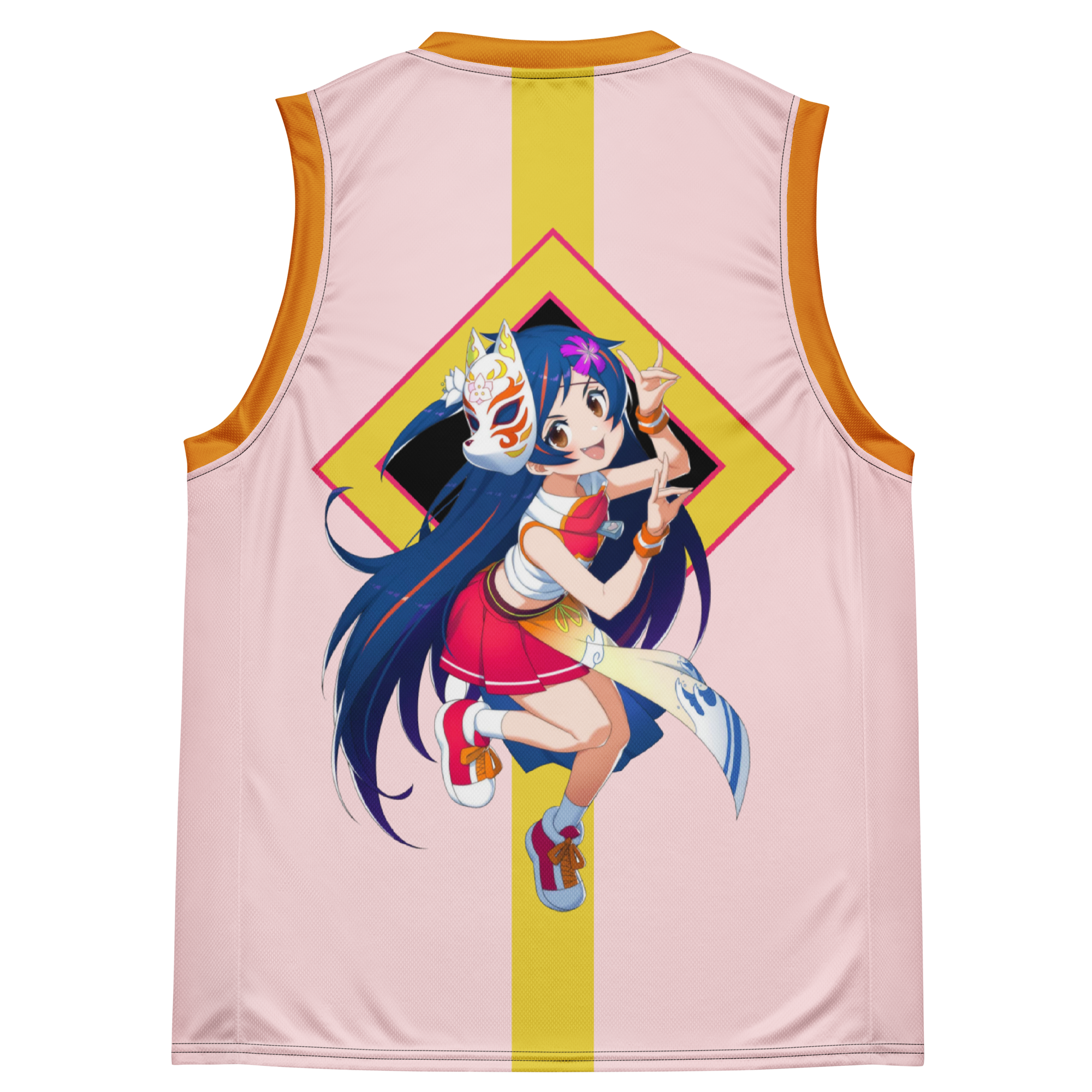
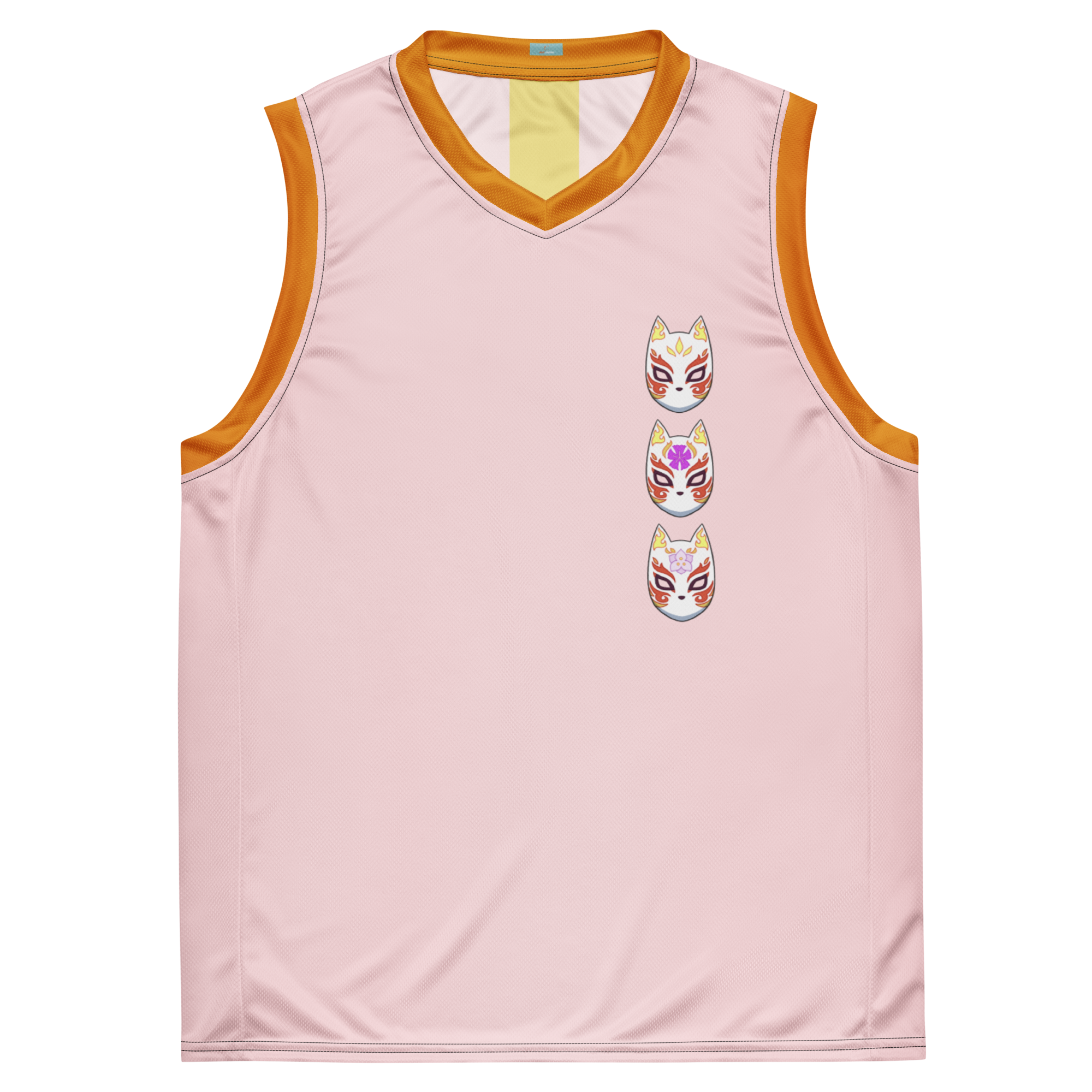
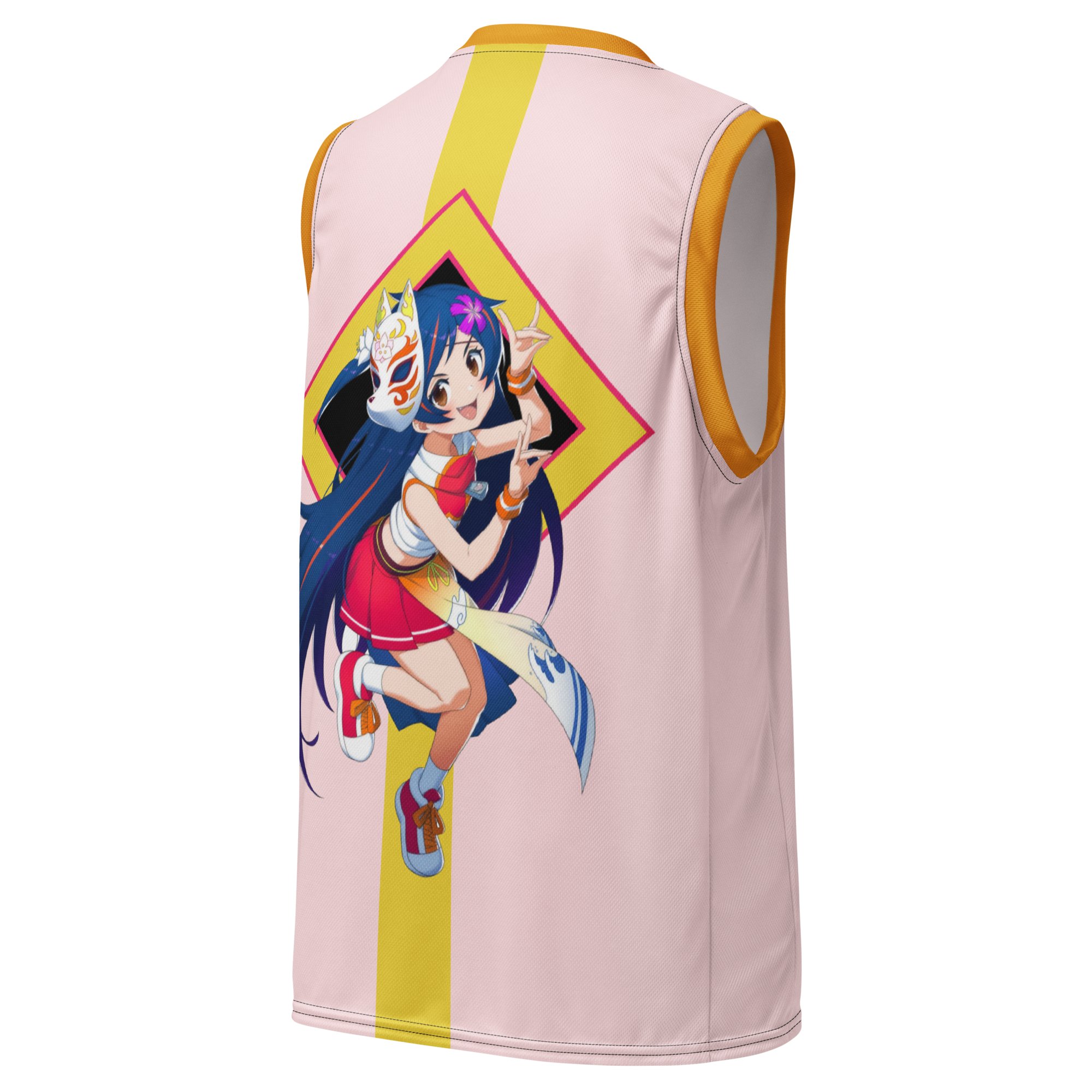
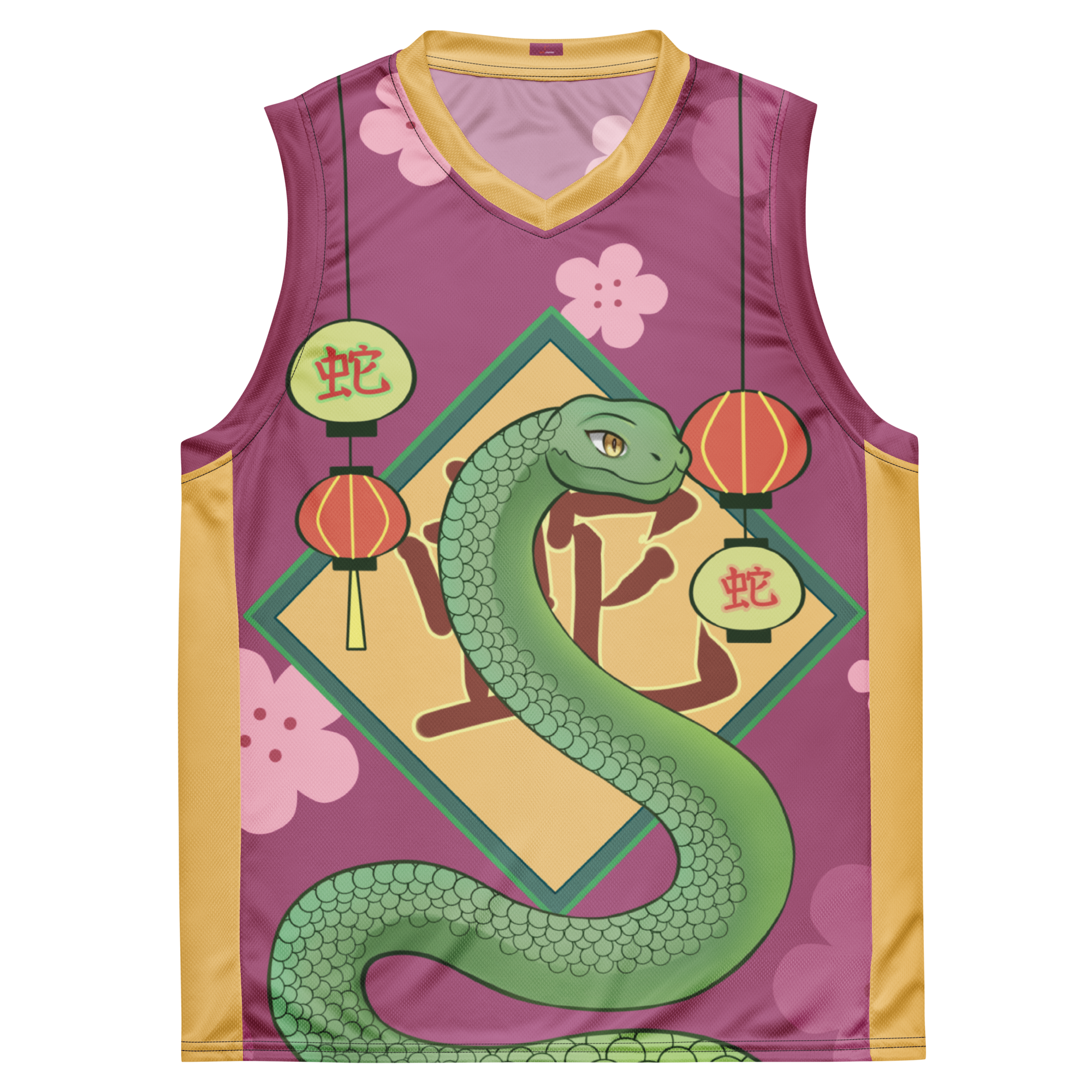
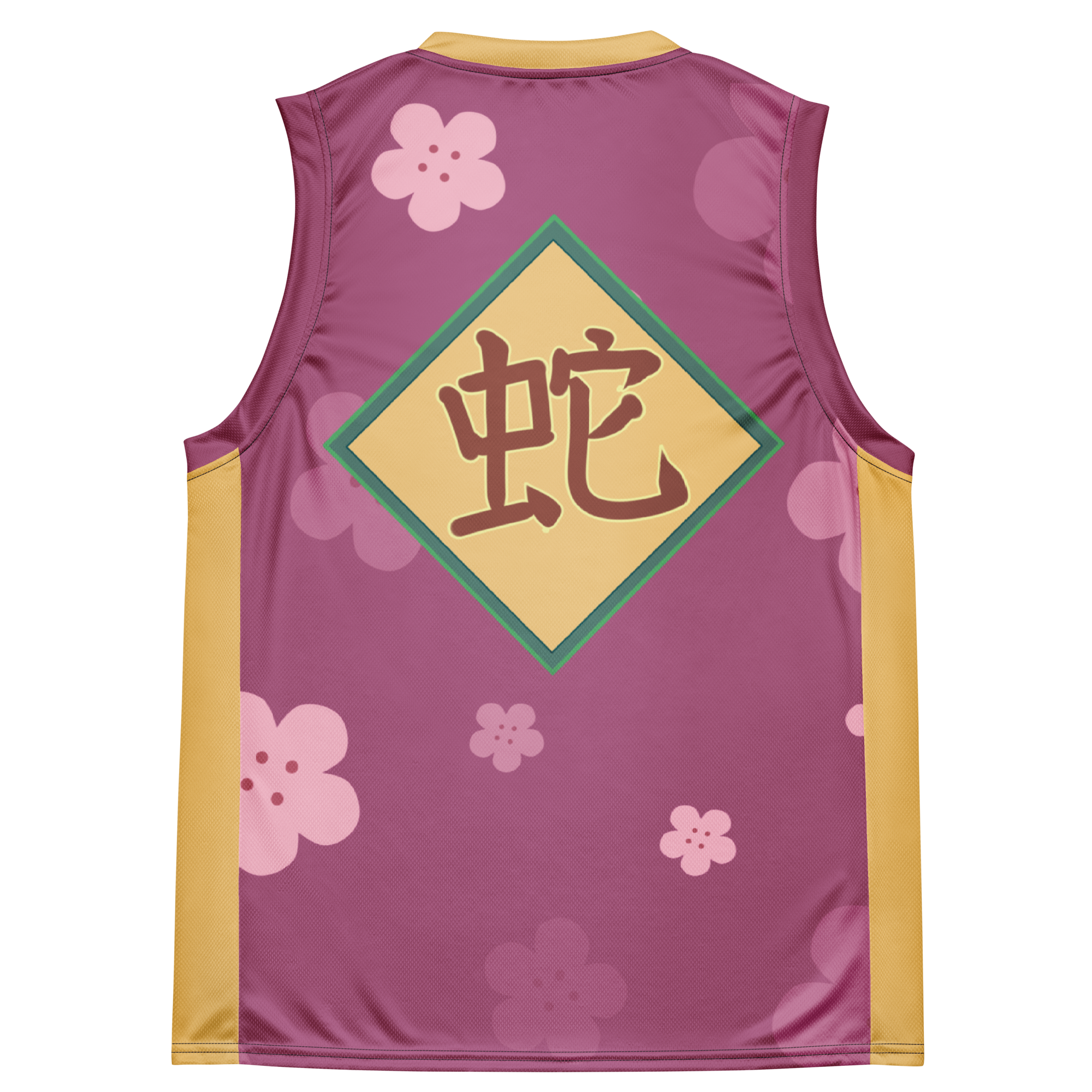
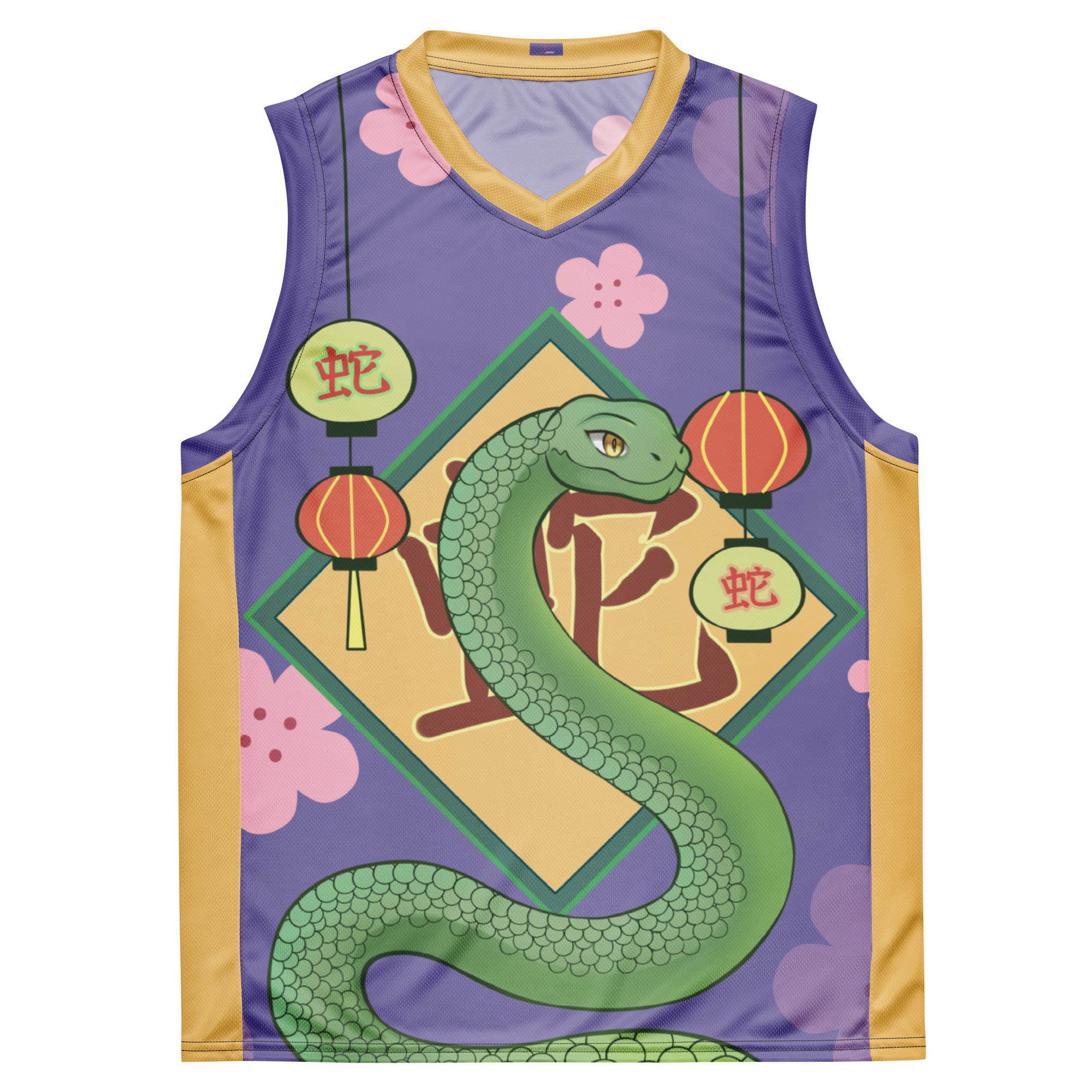
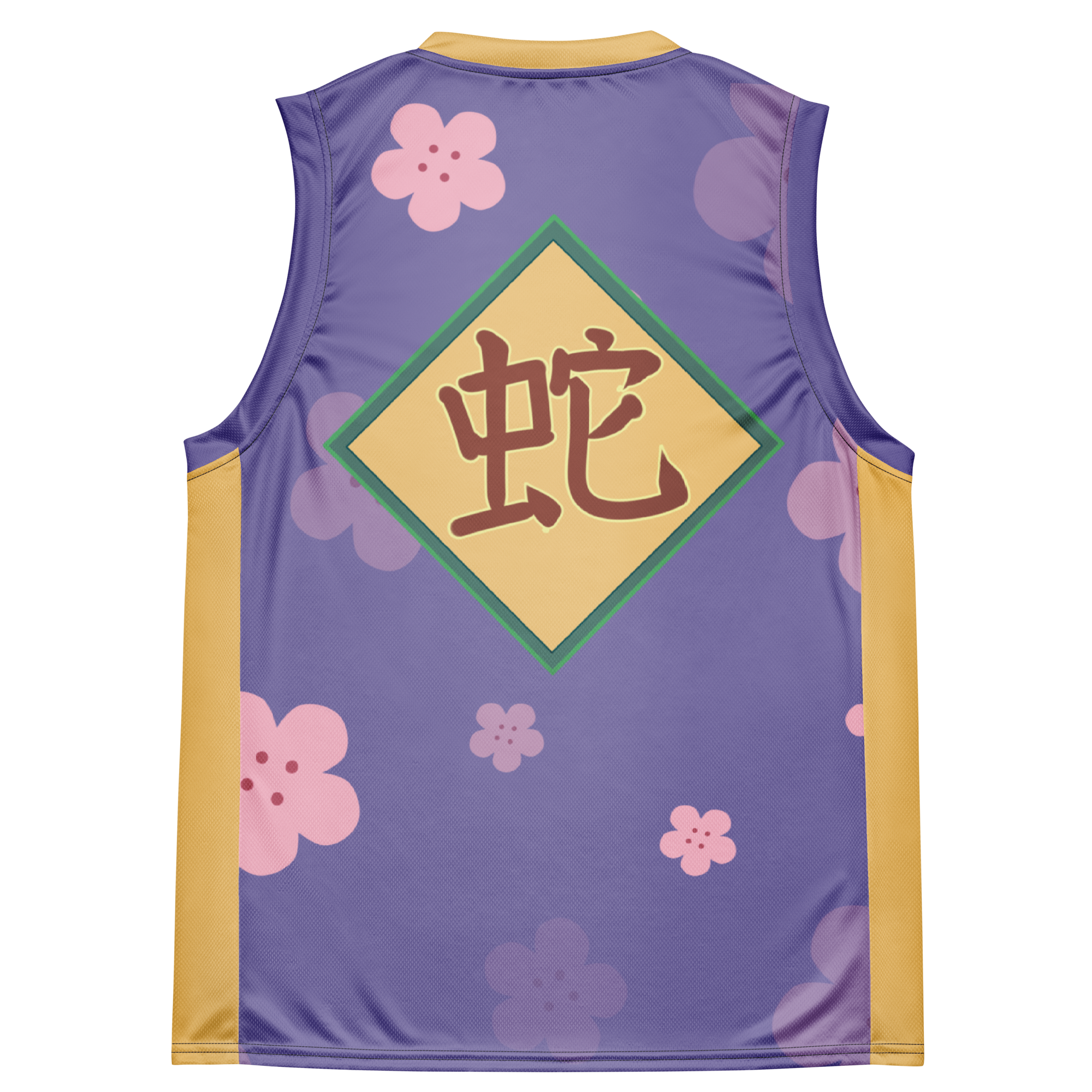

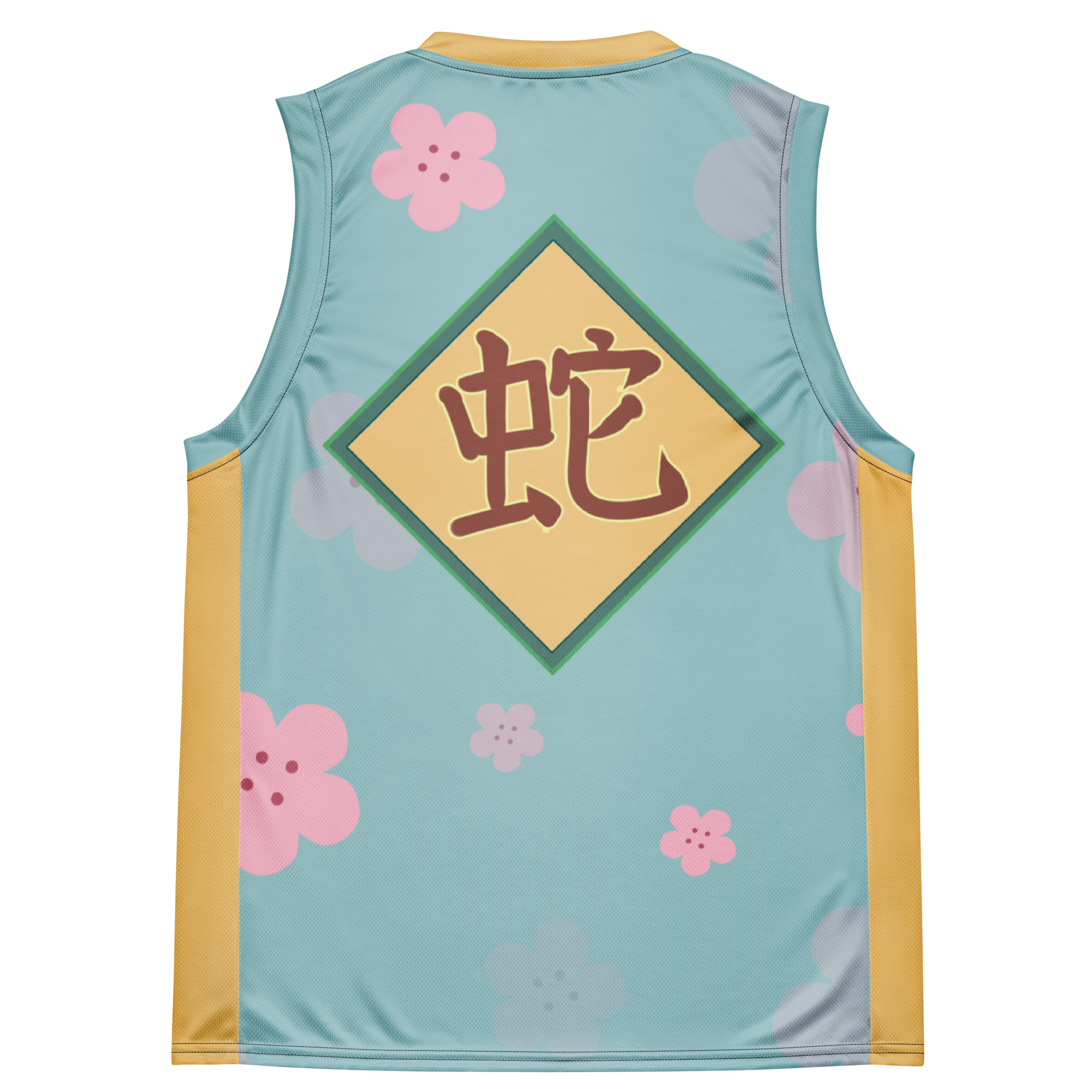
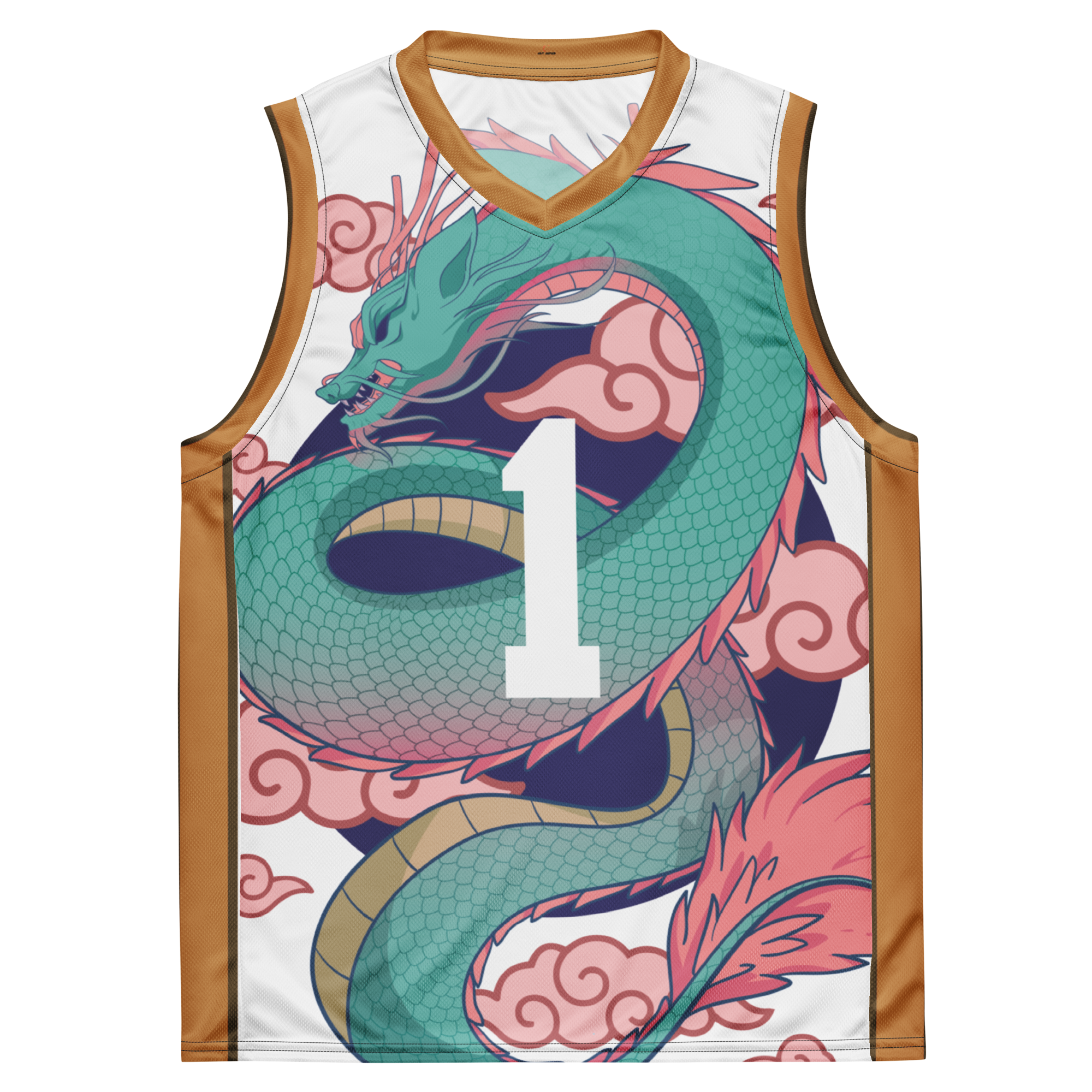
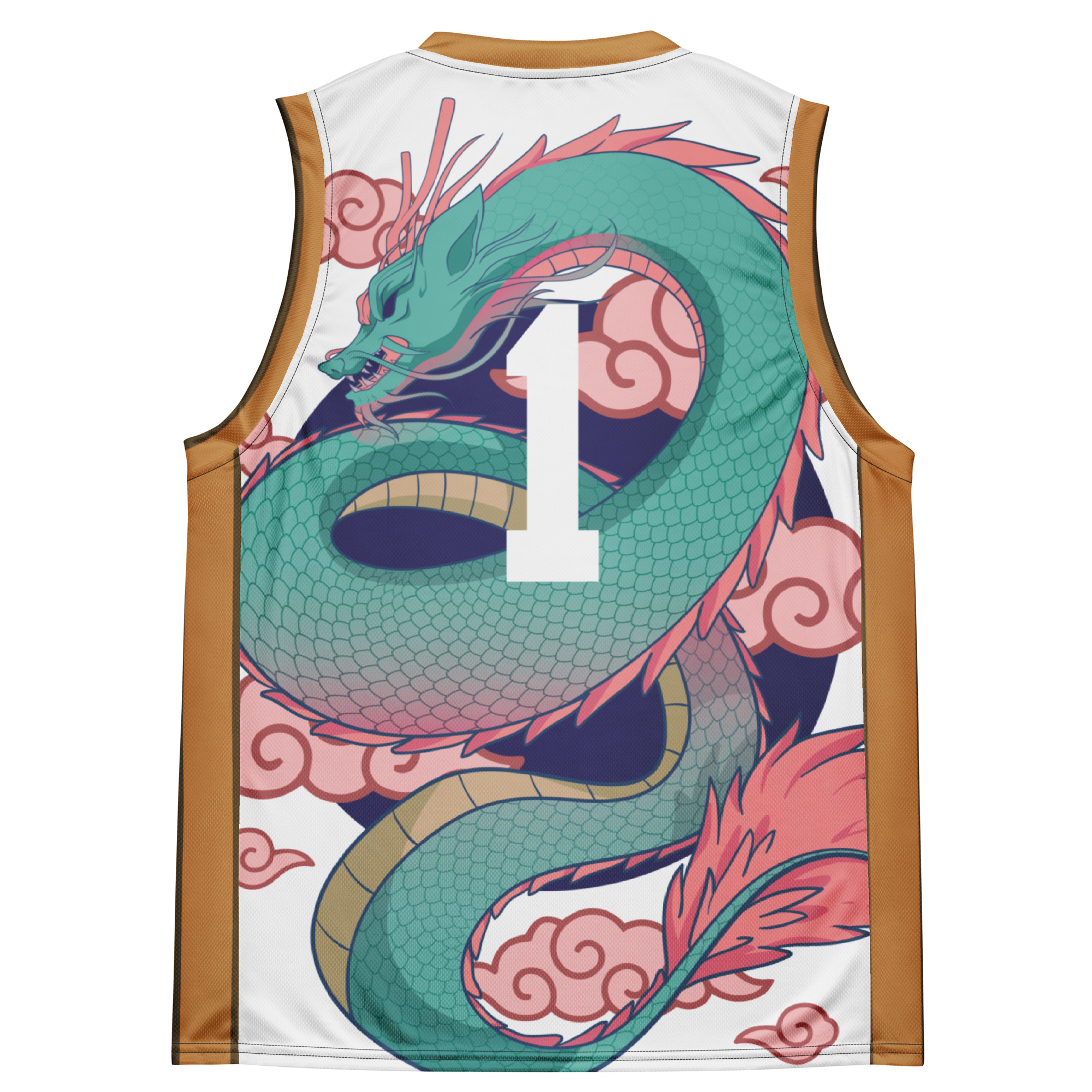
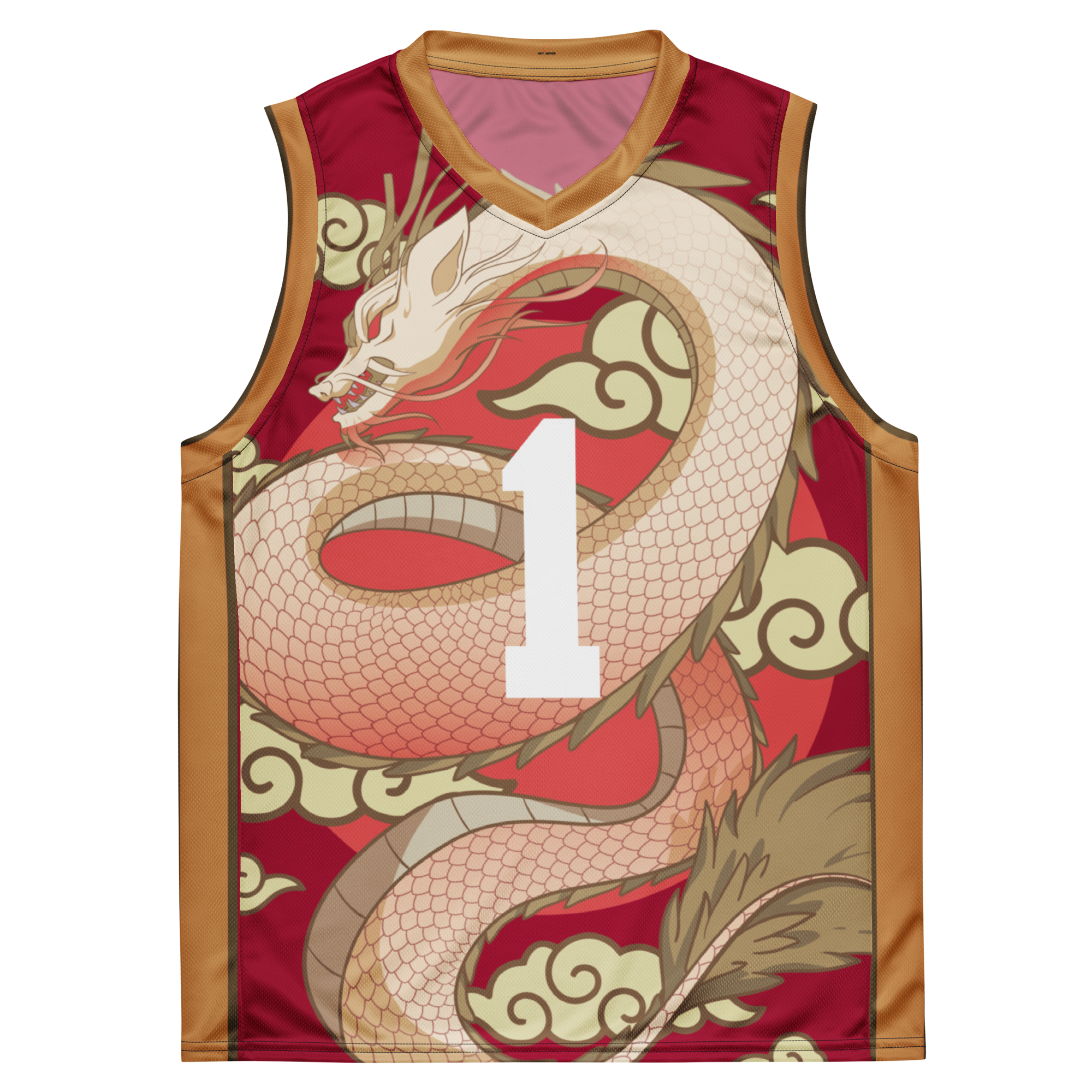
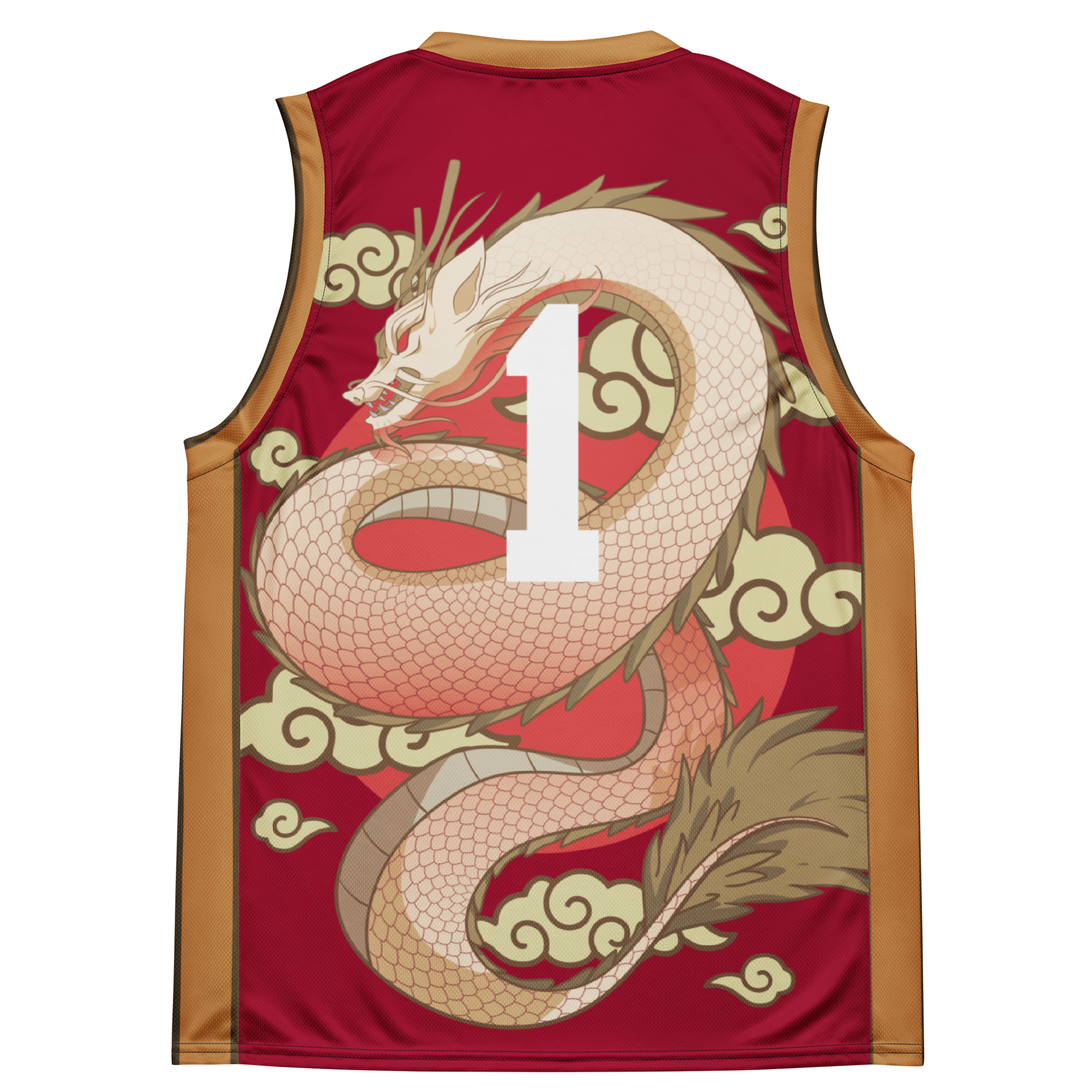
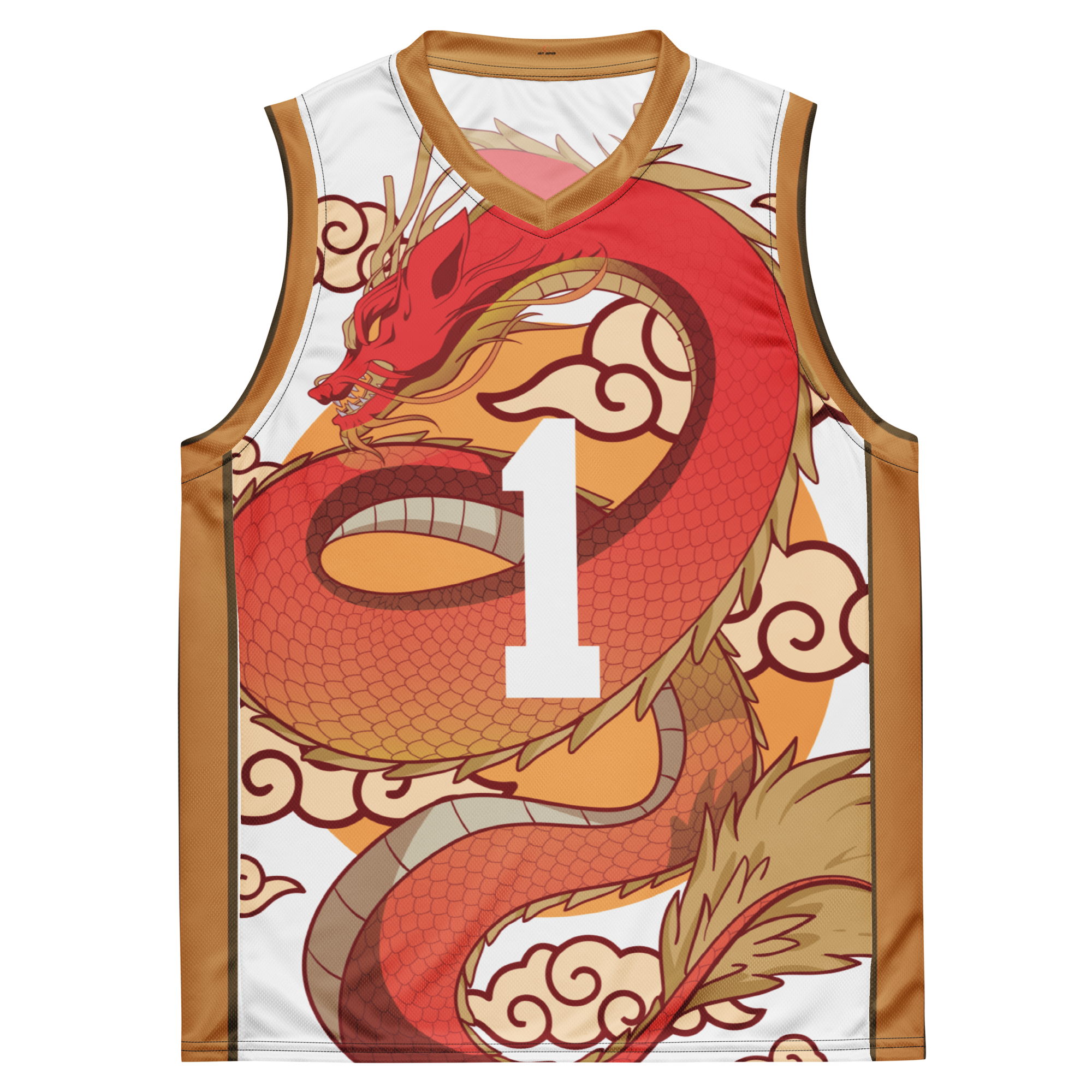
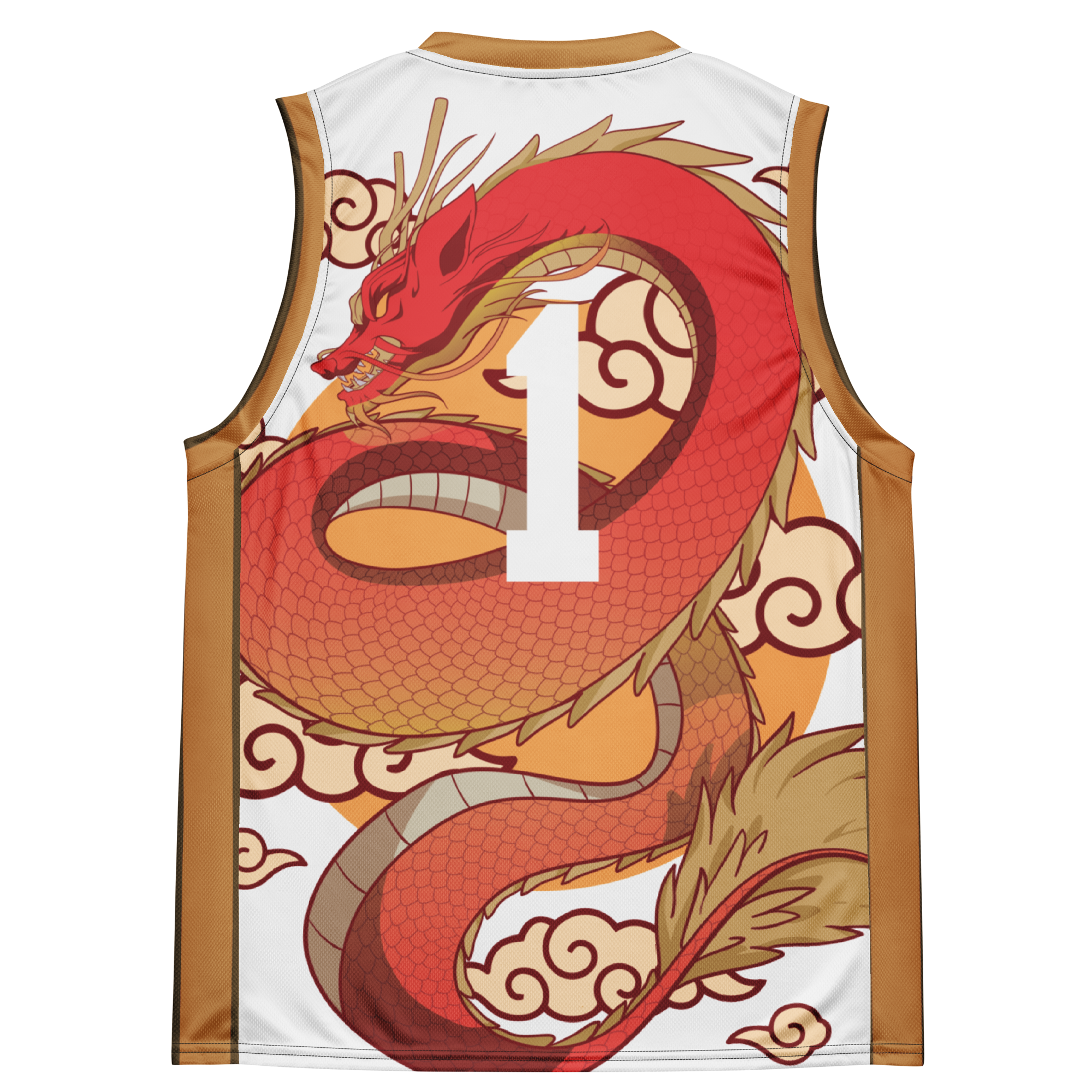


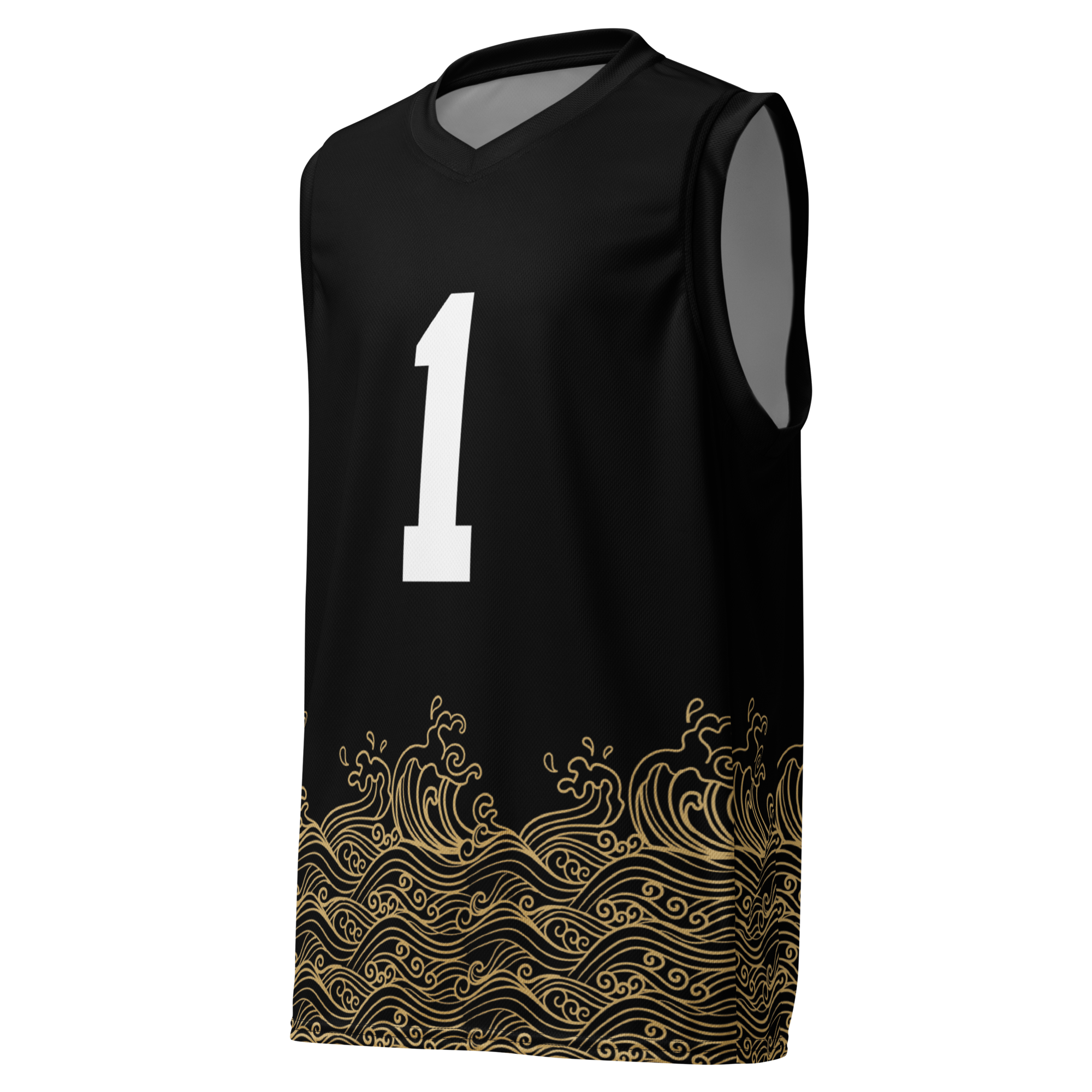
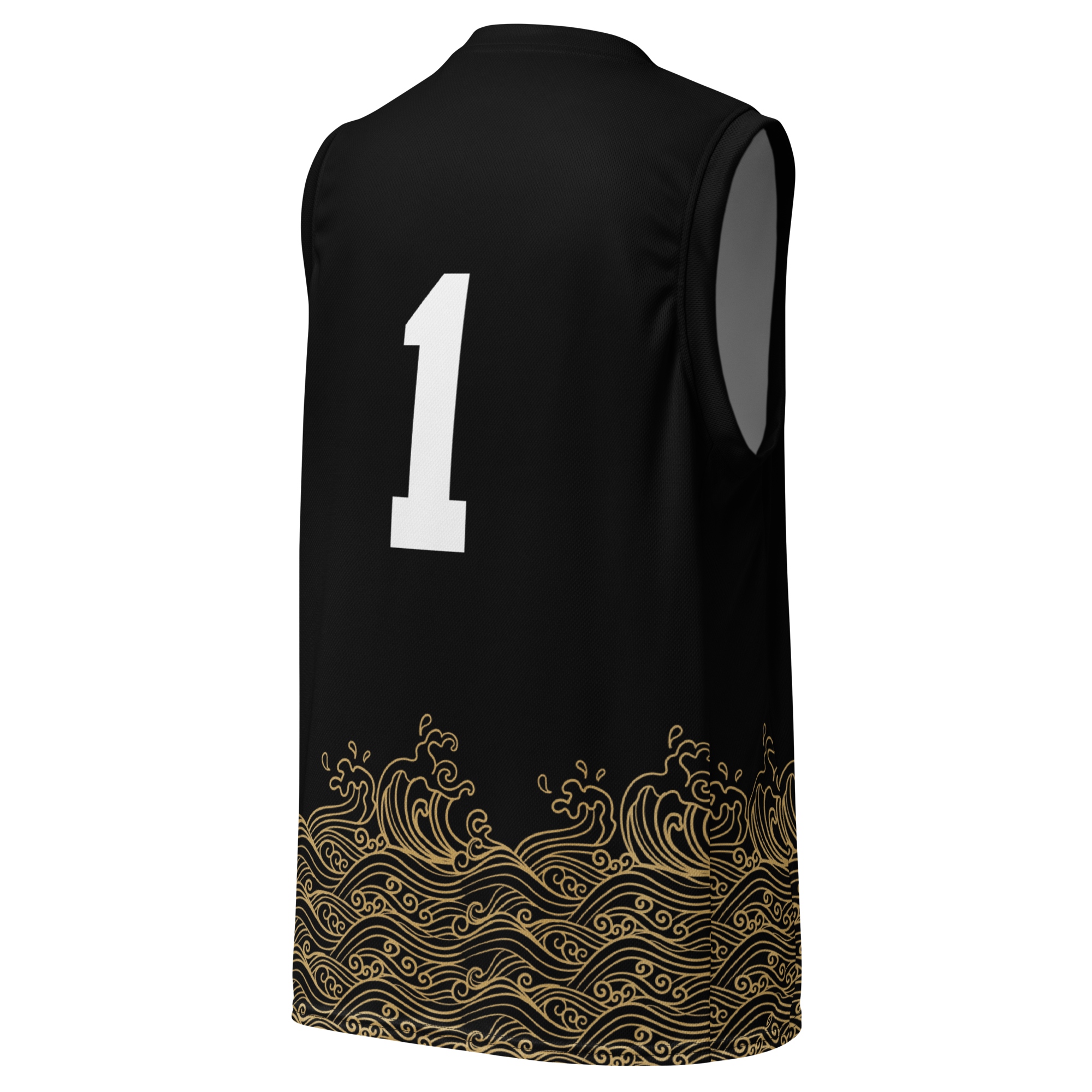



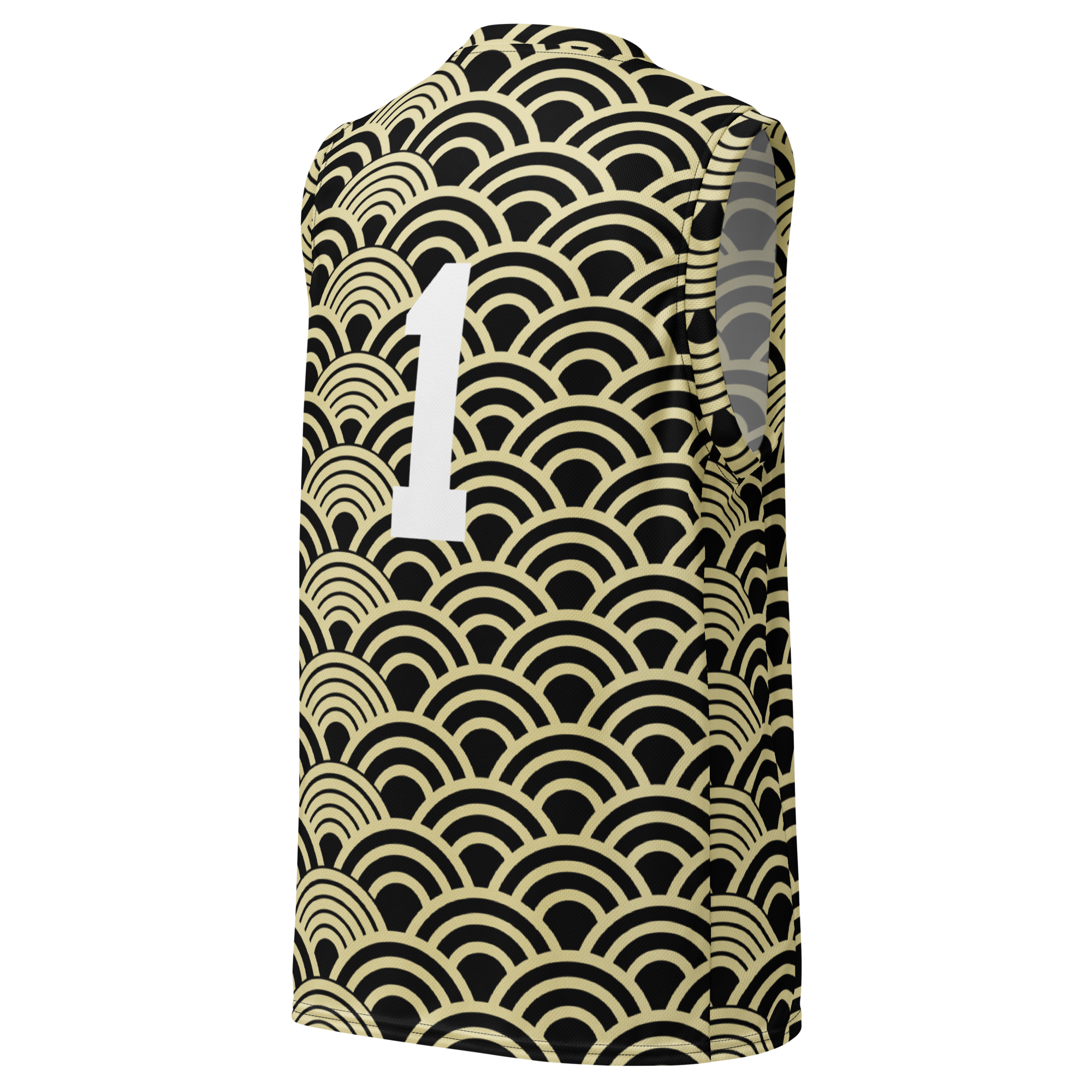
Leave a comment